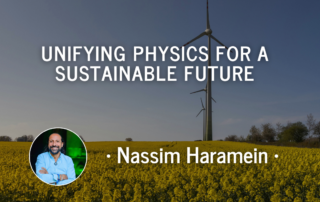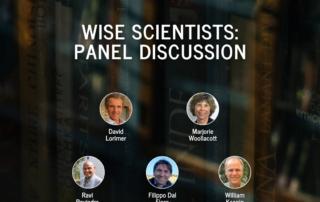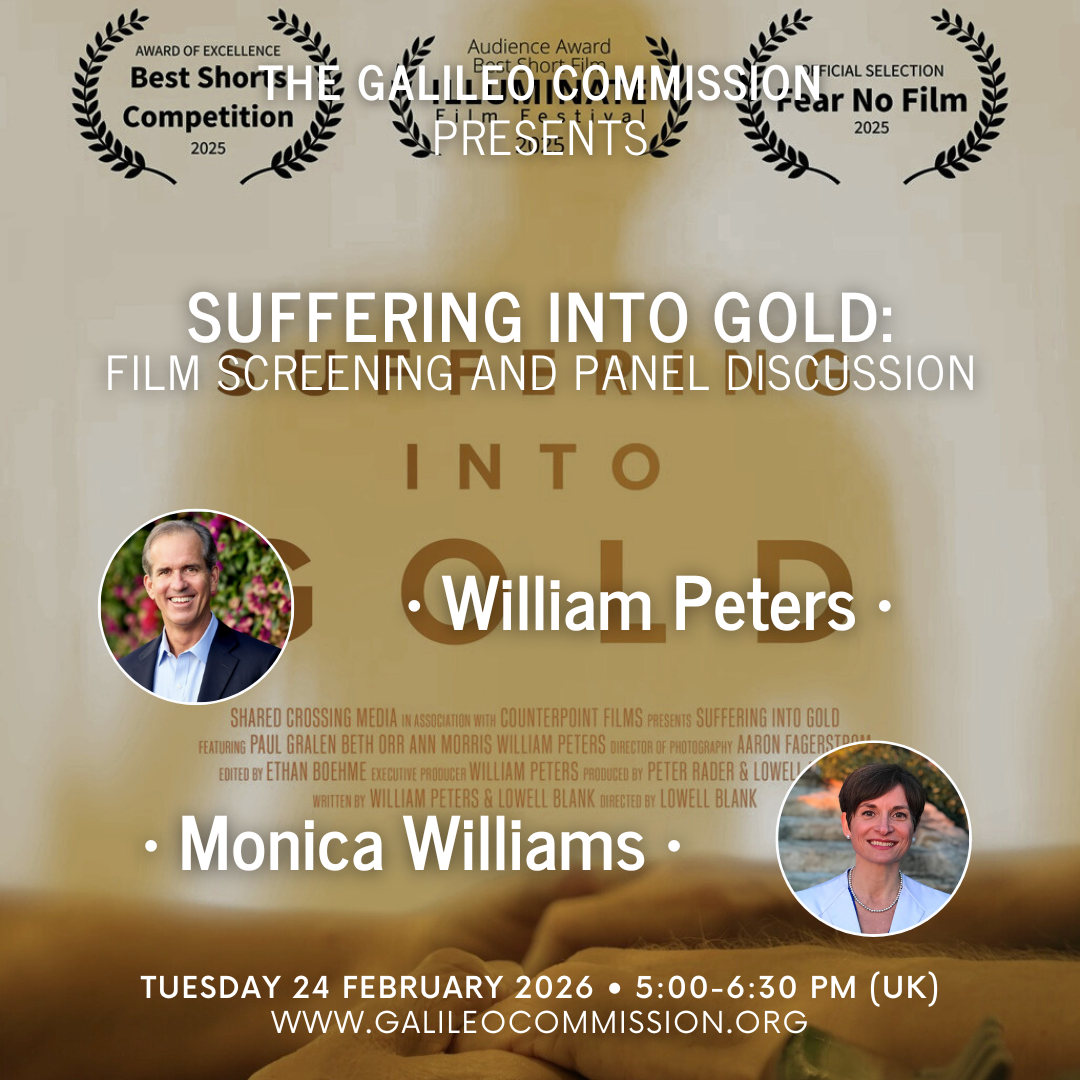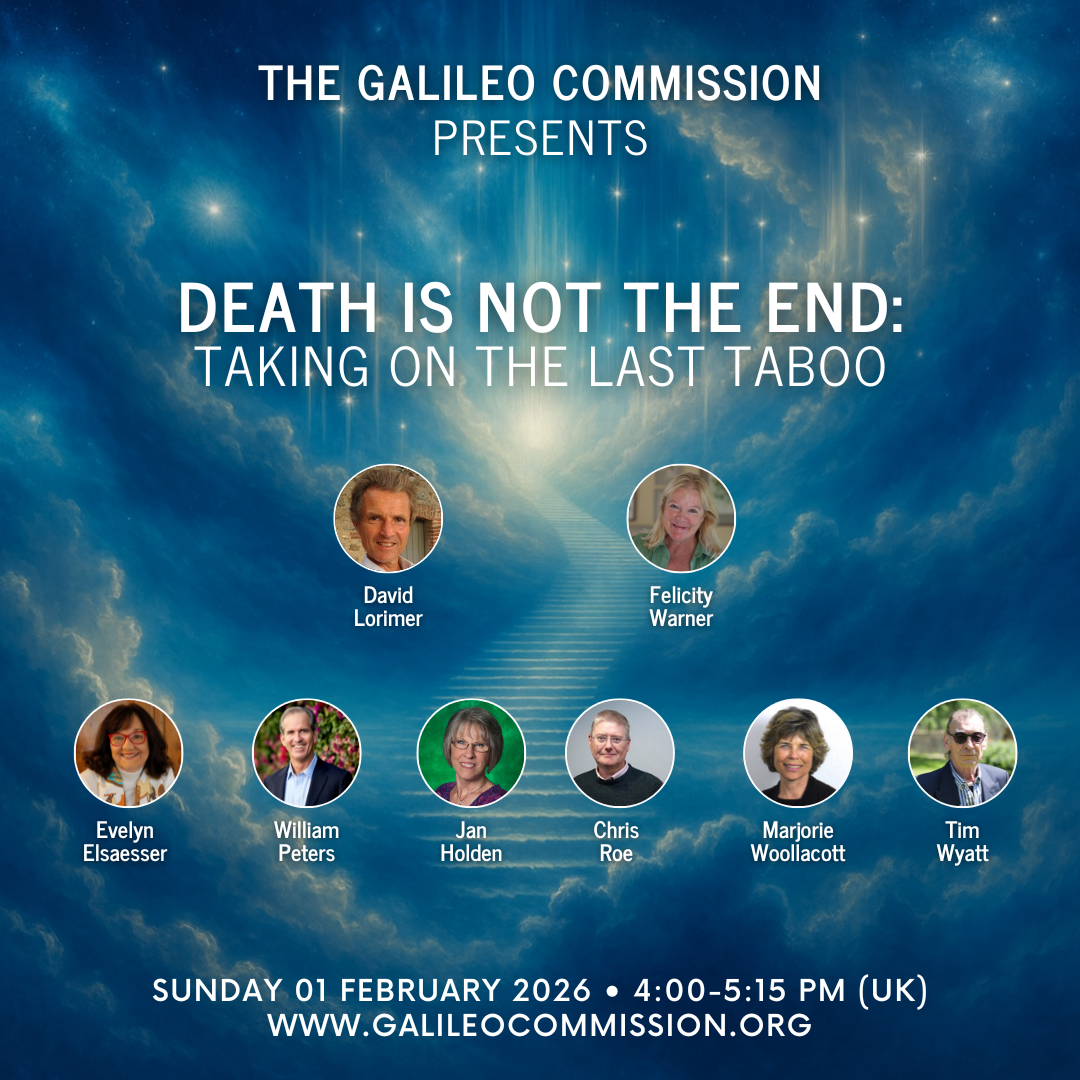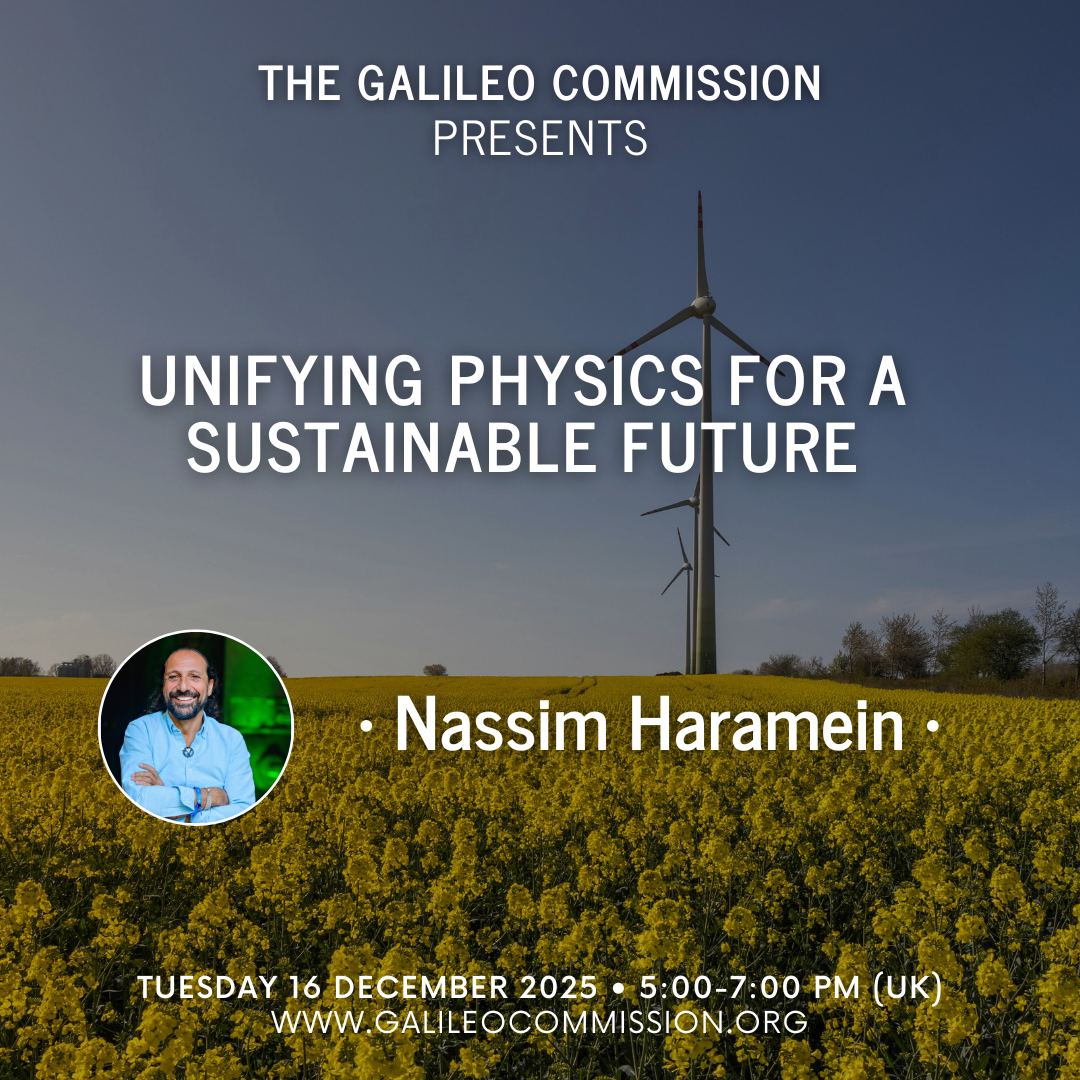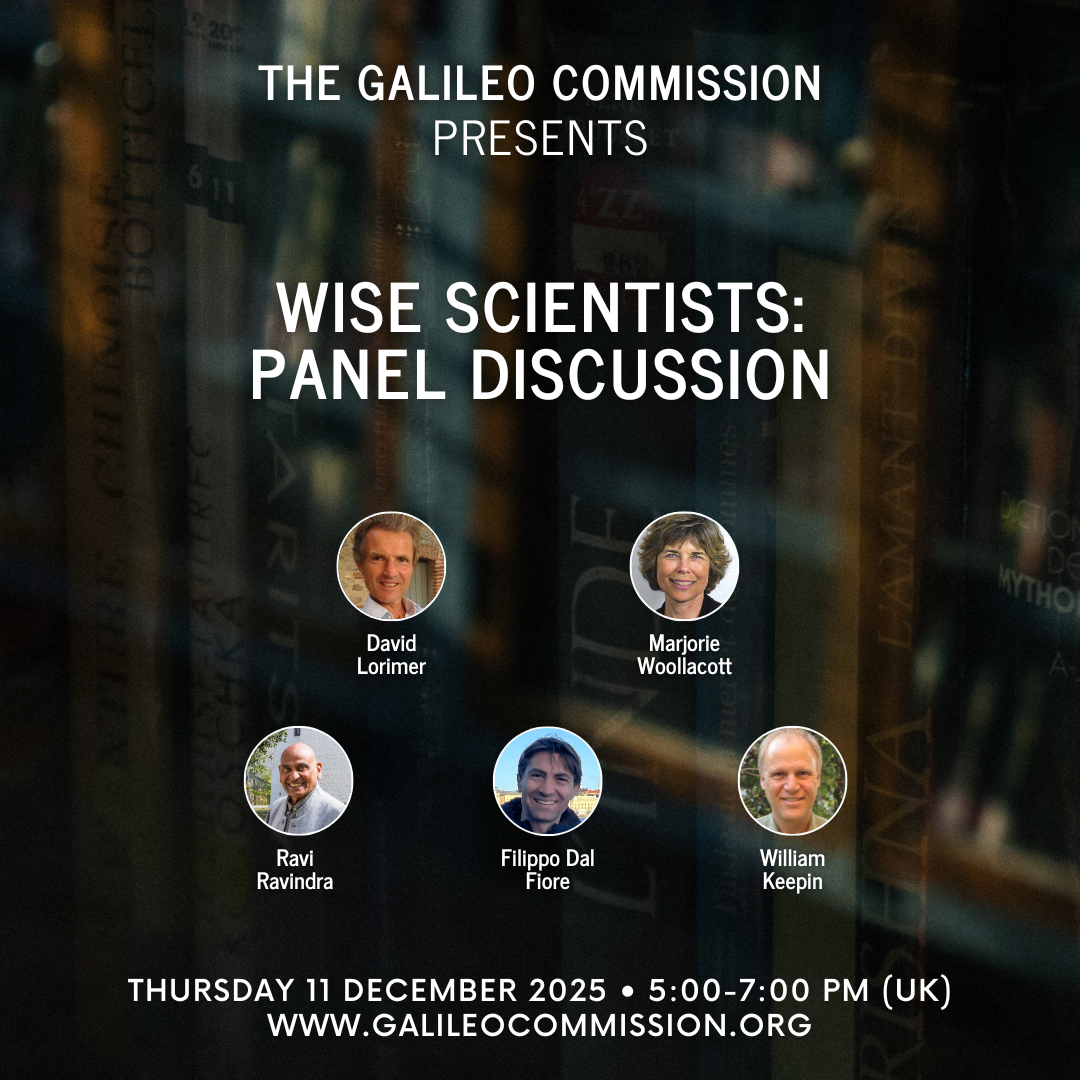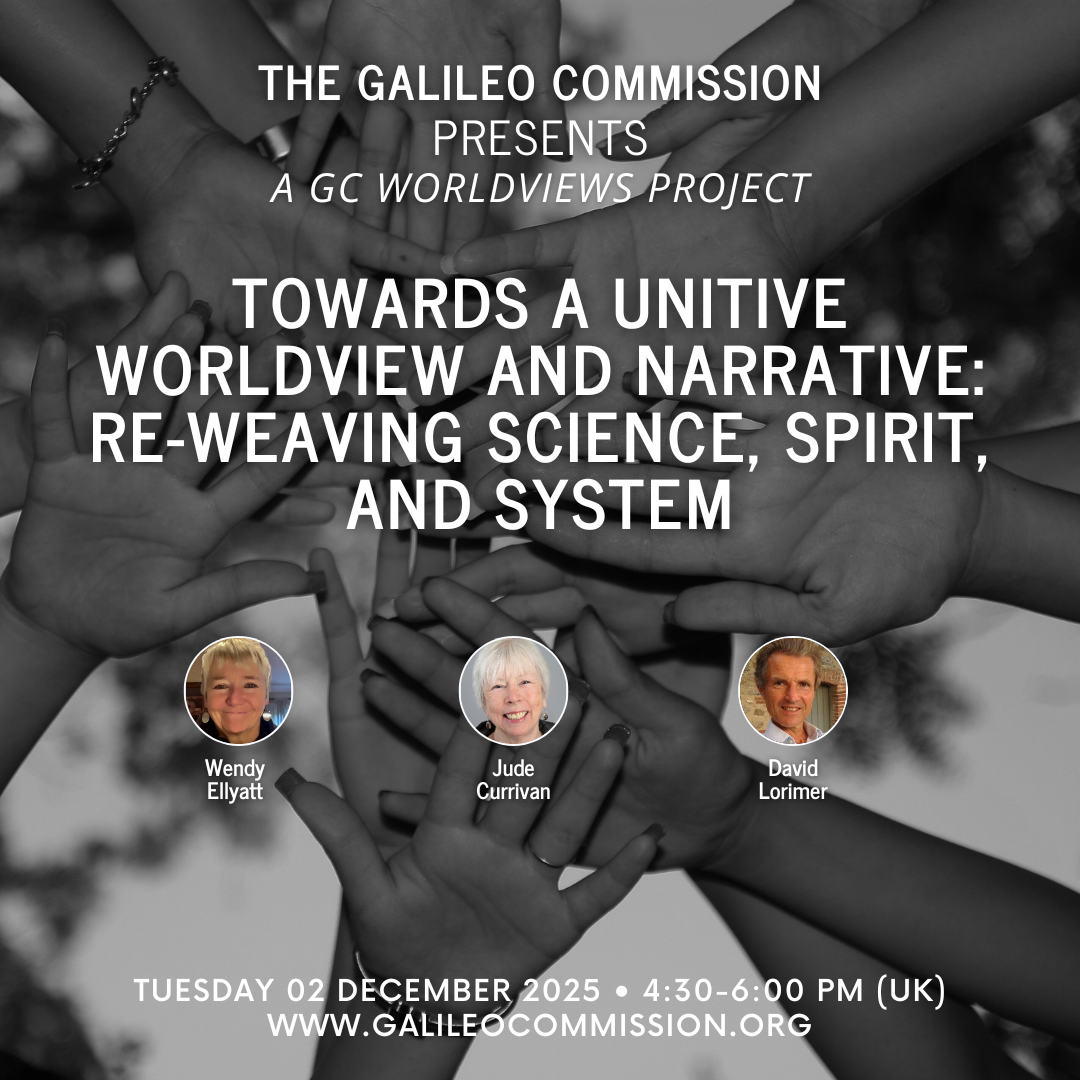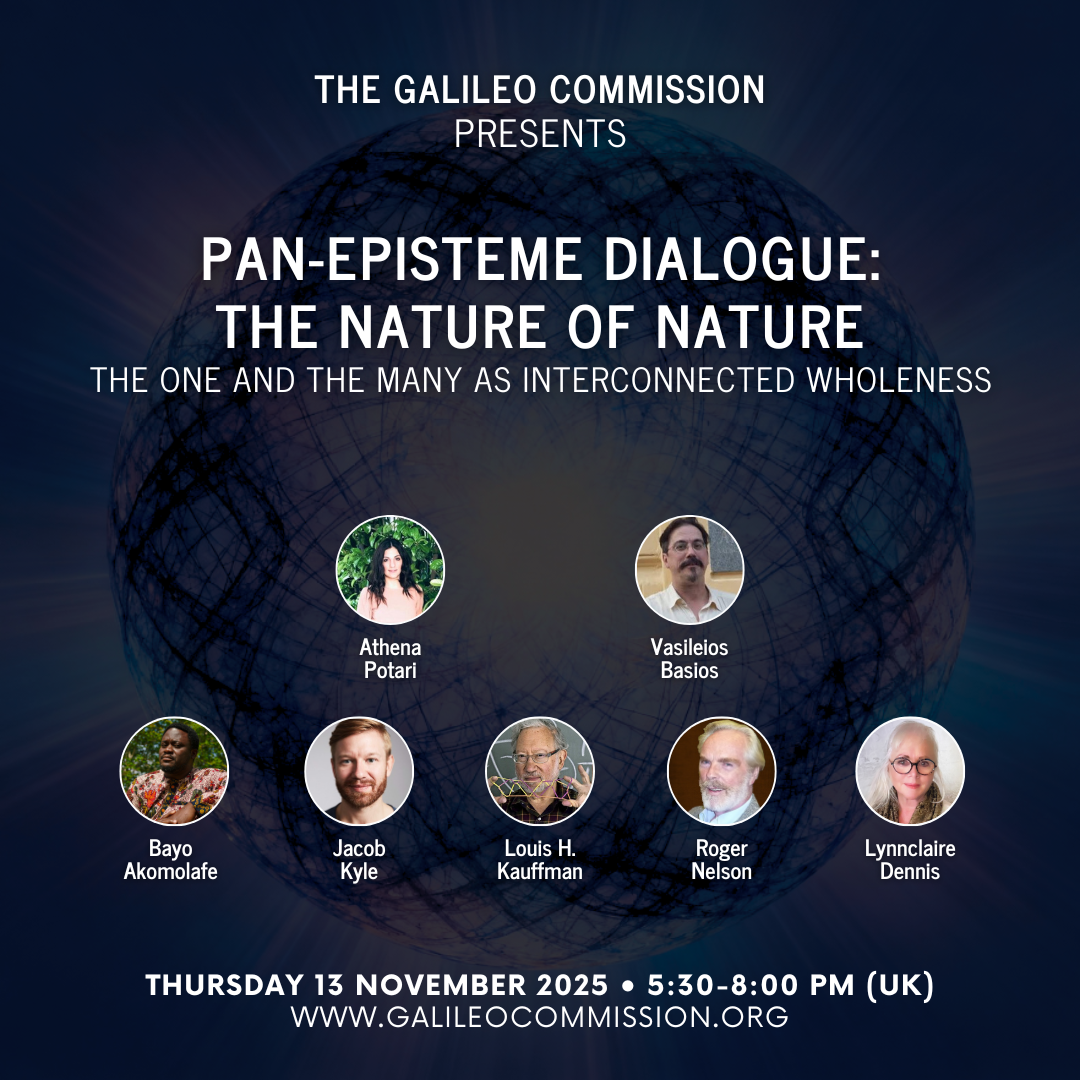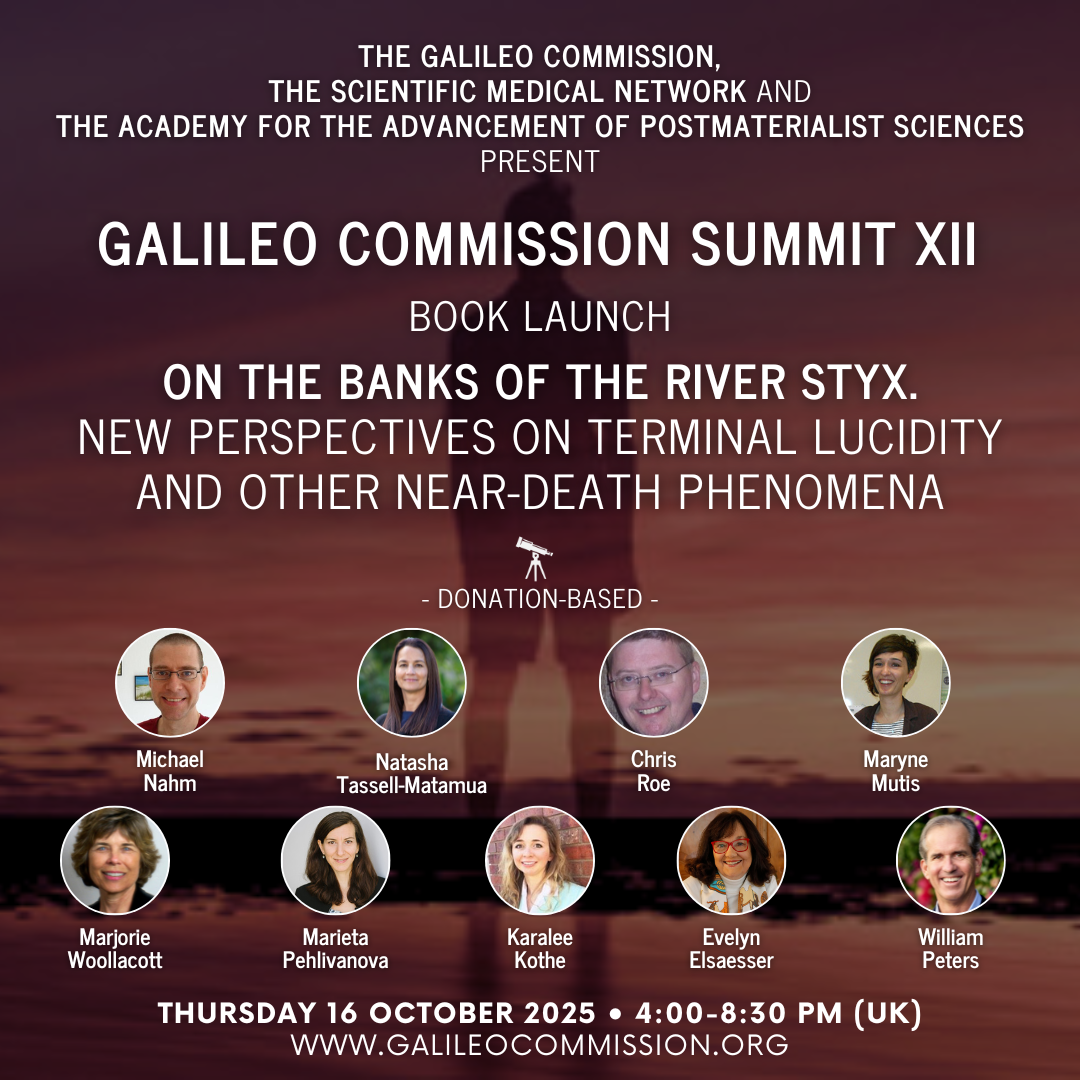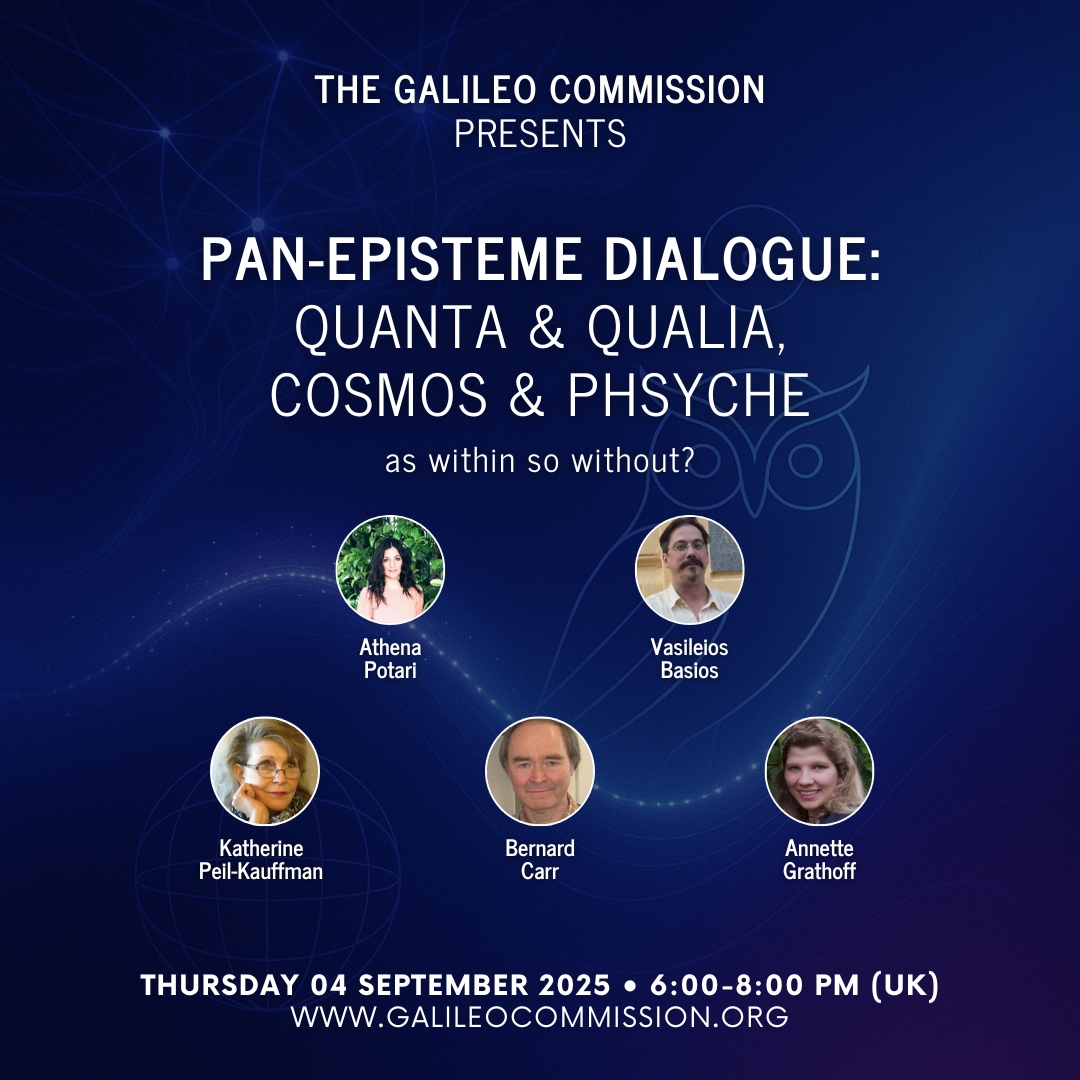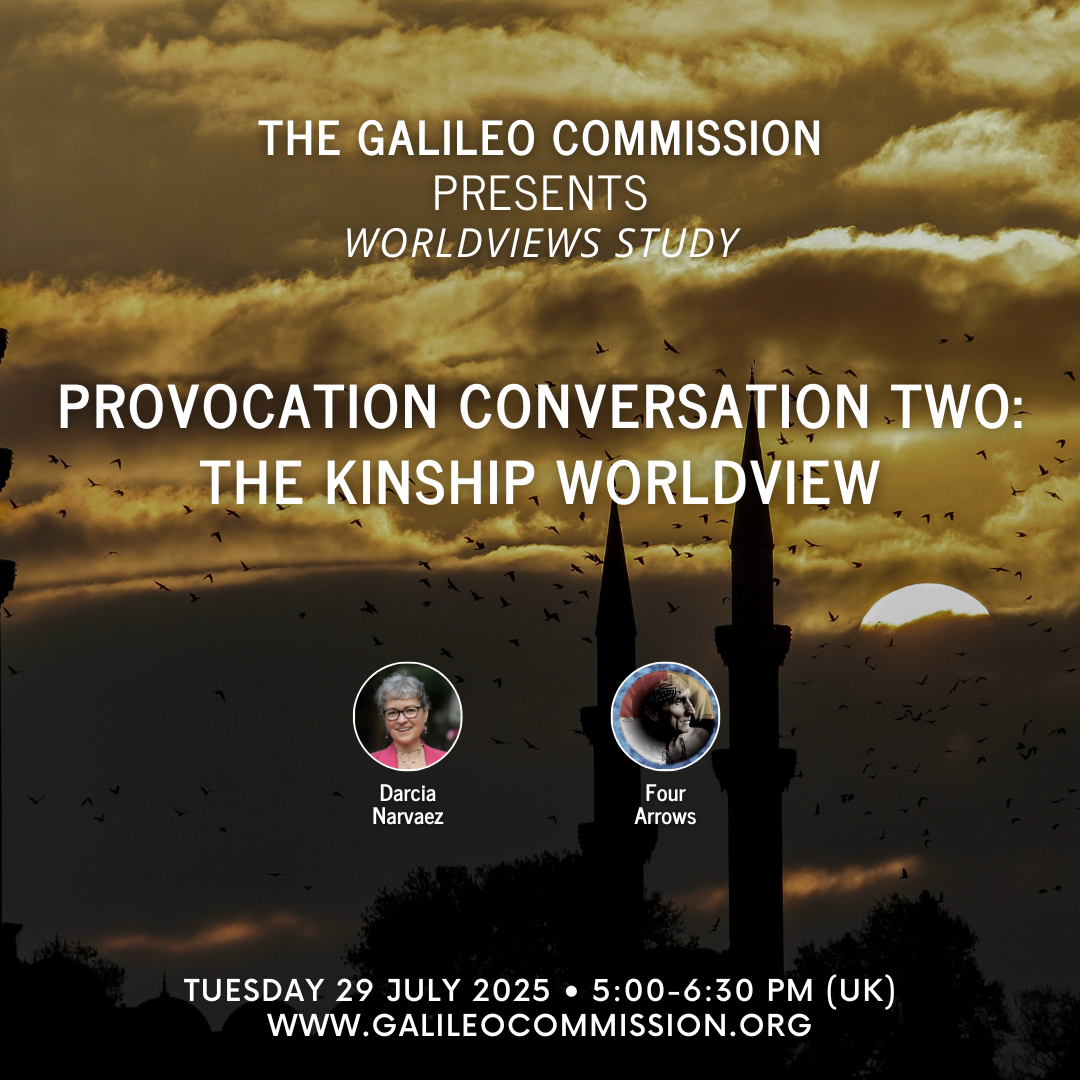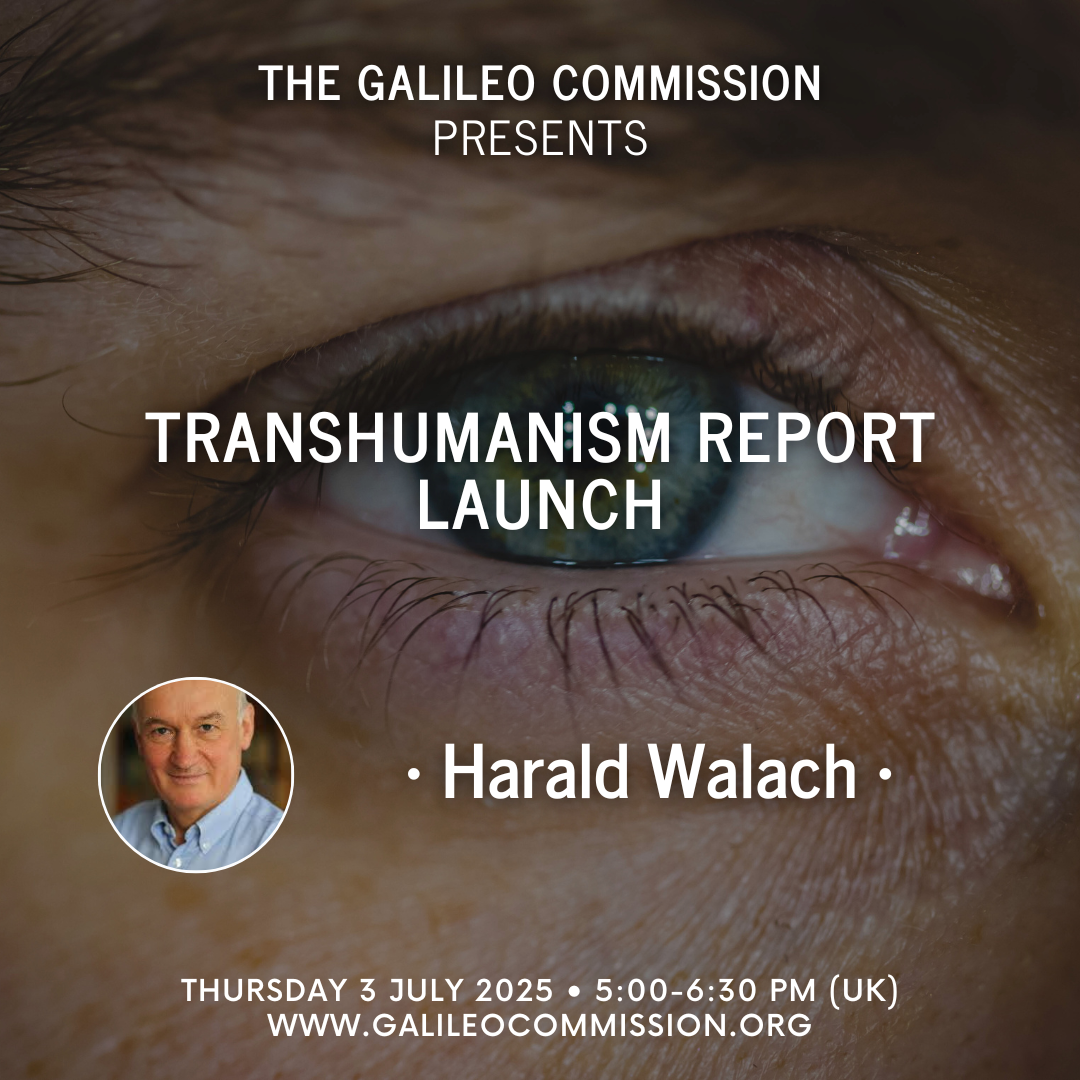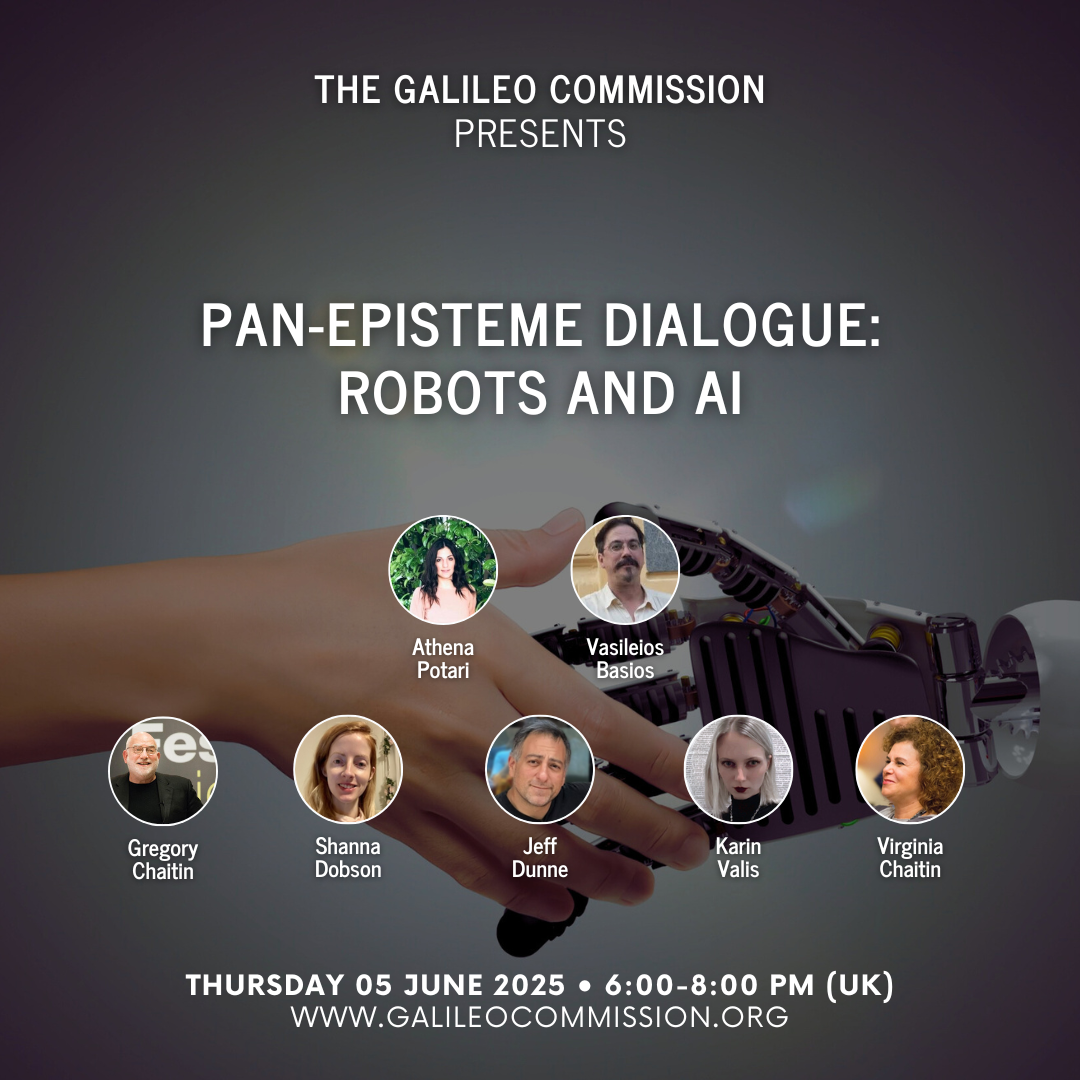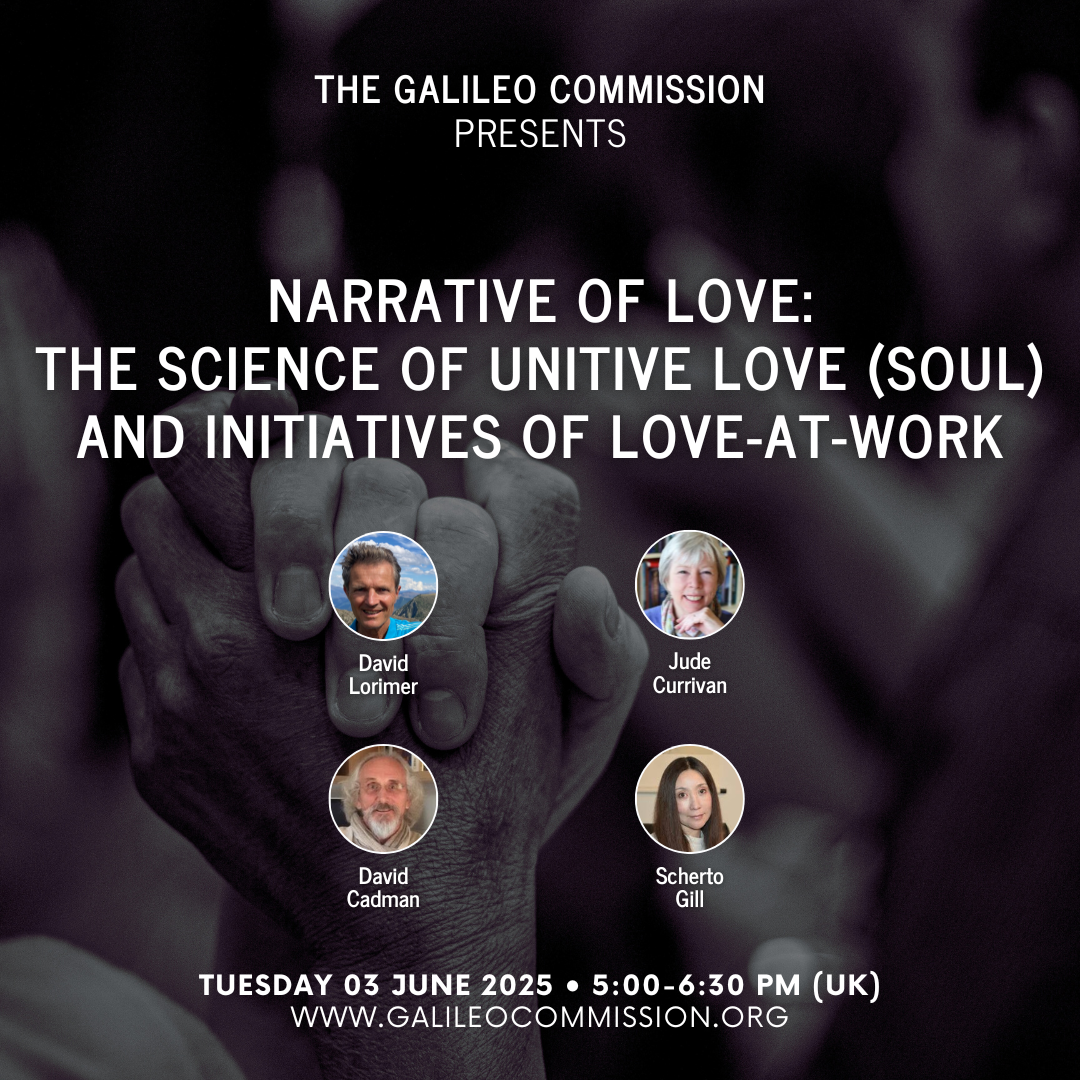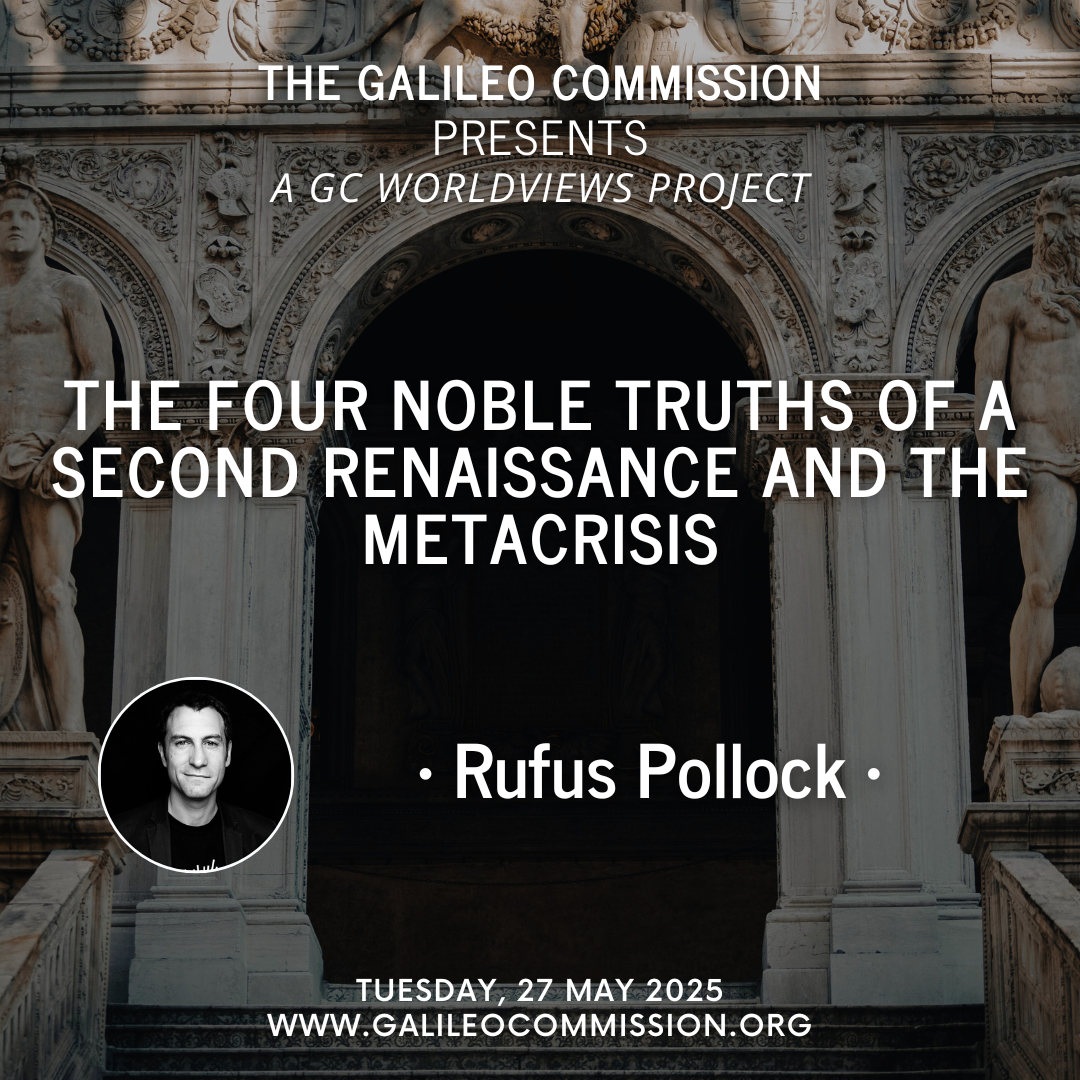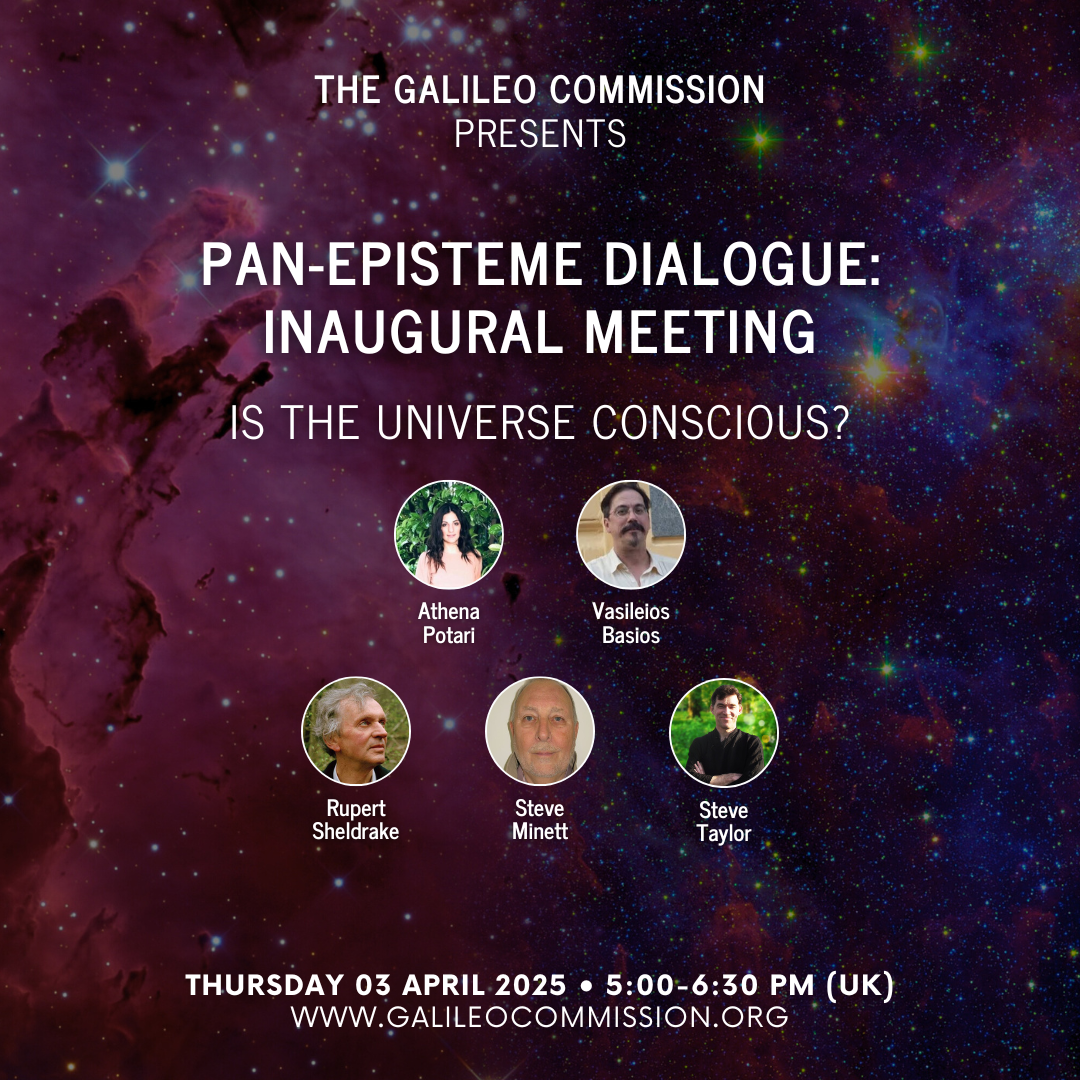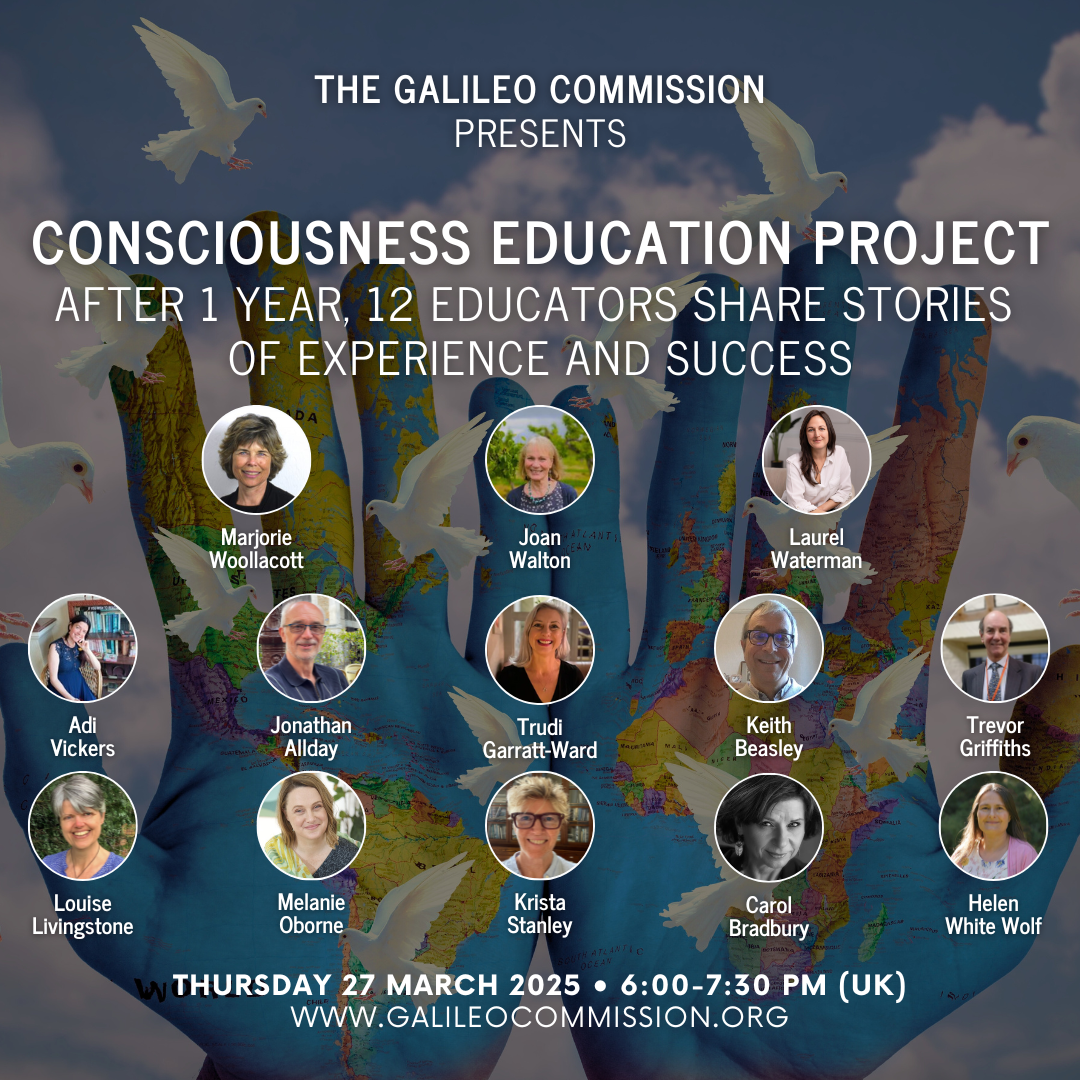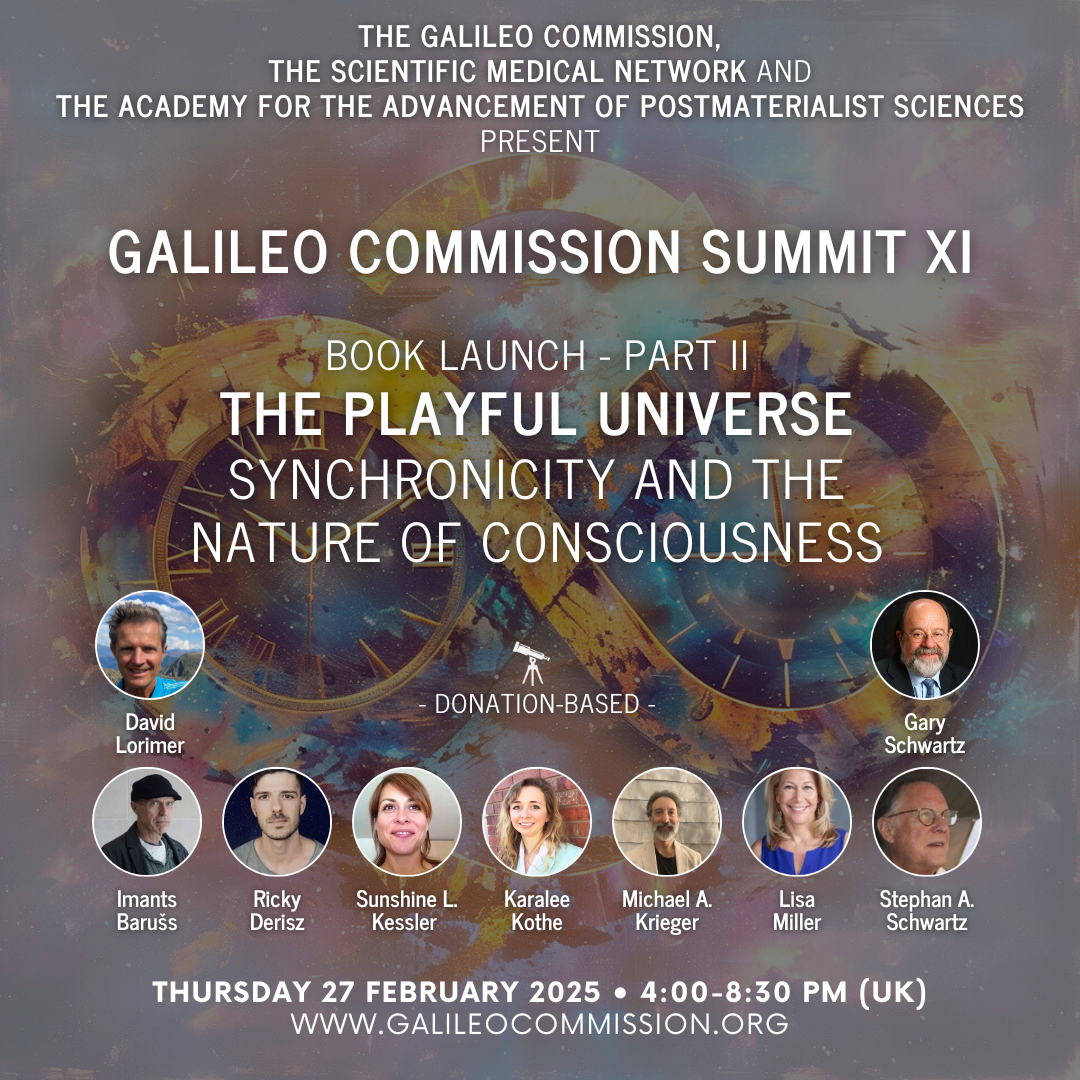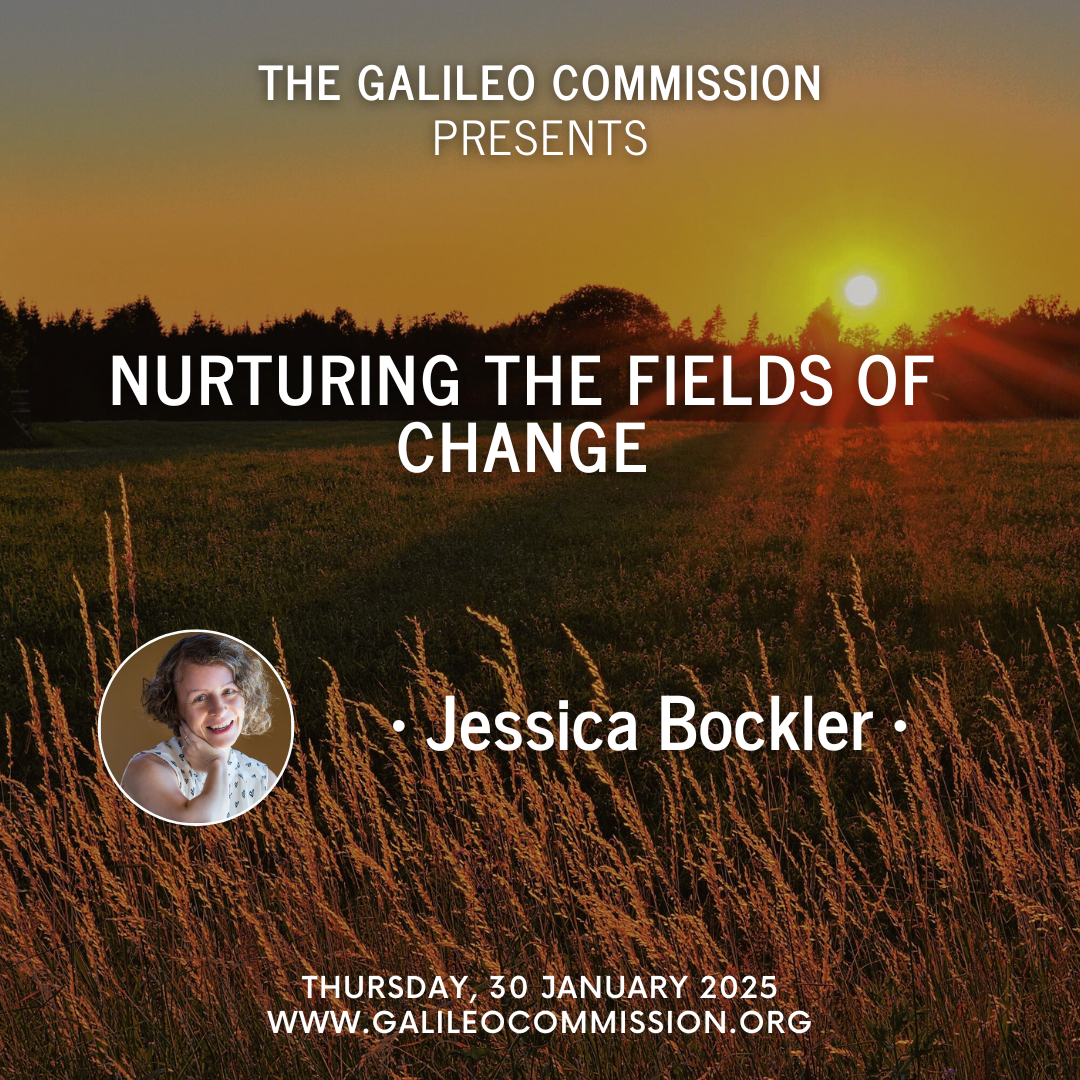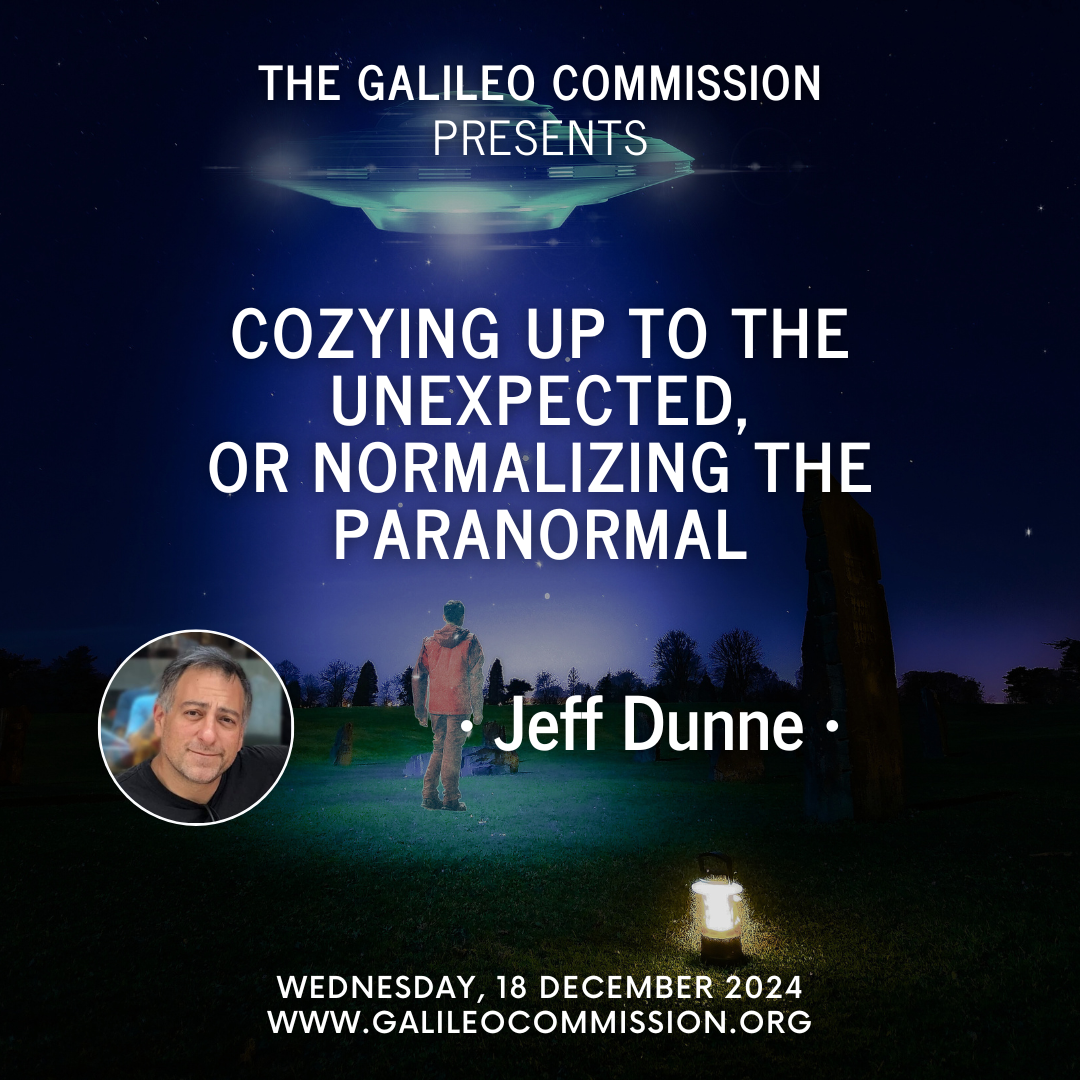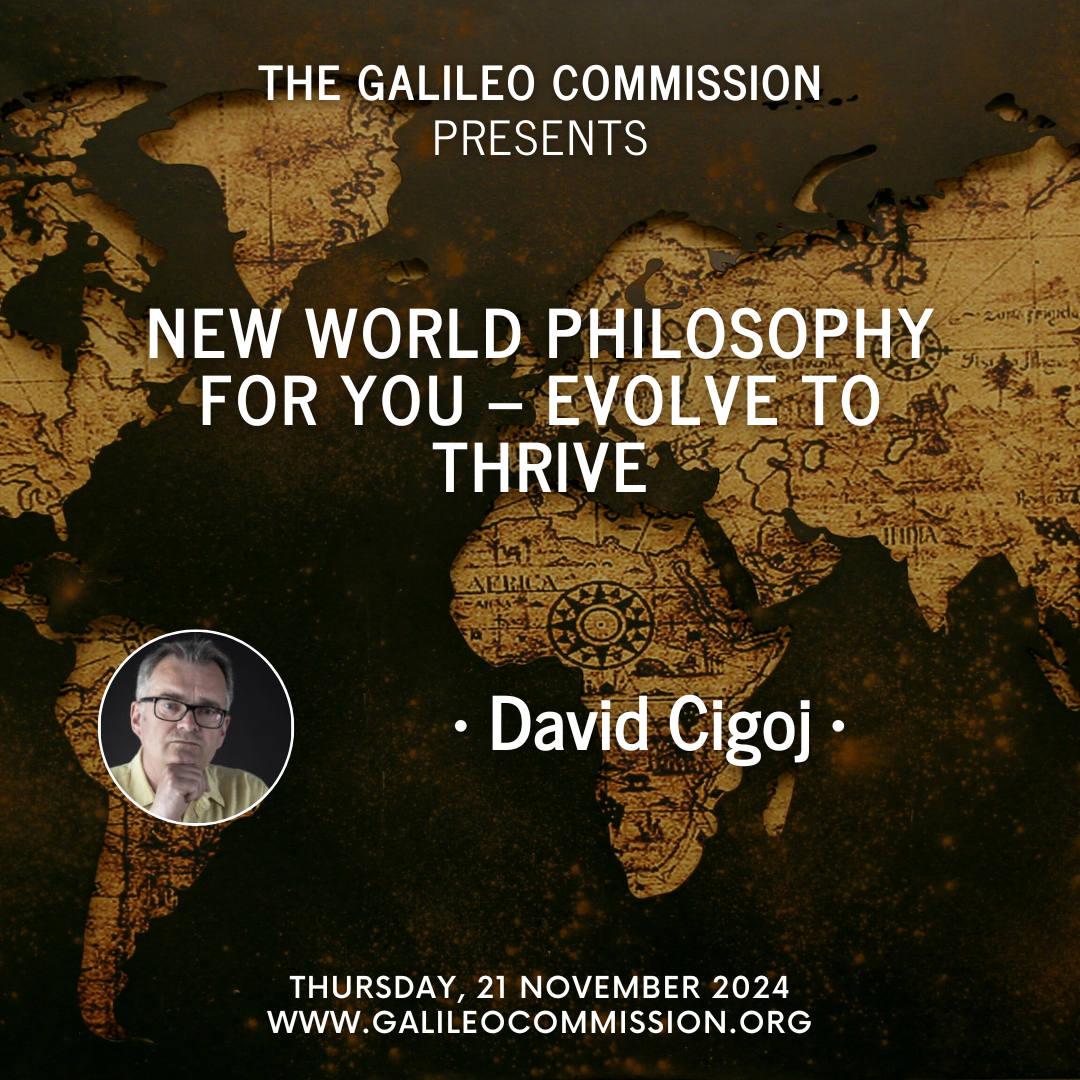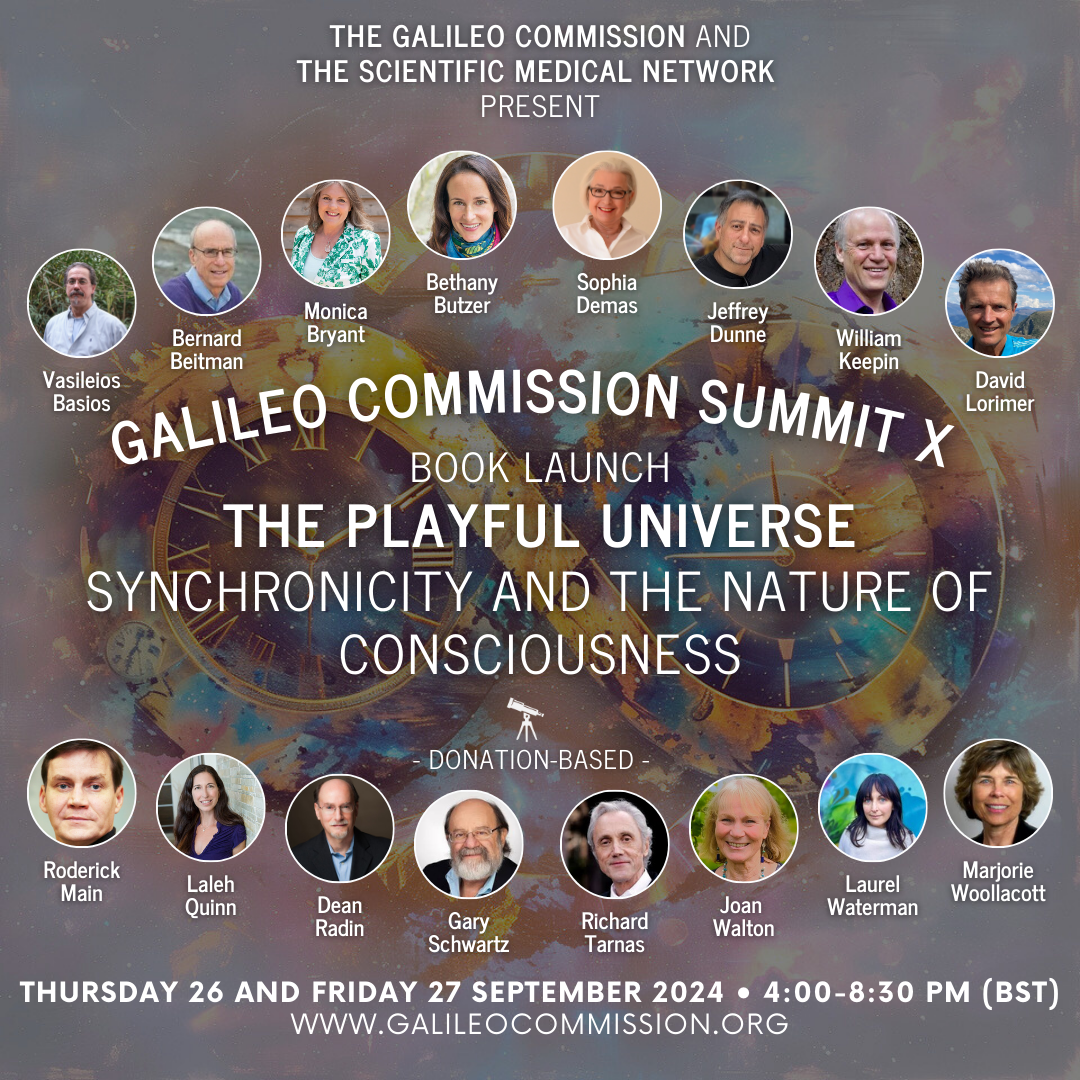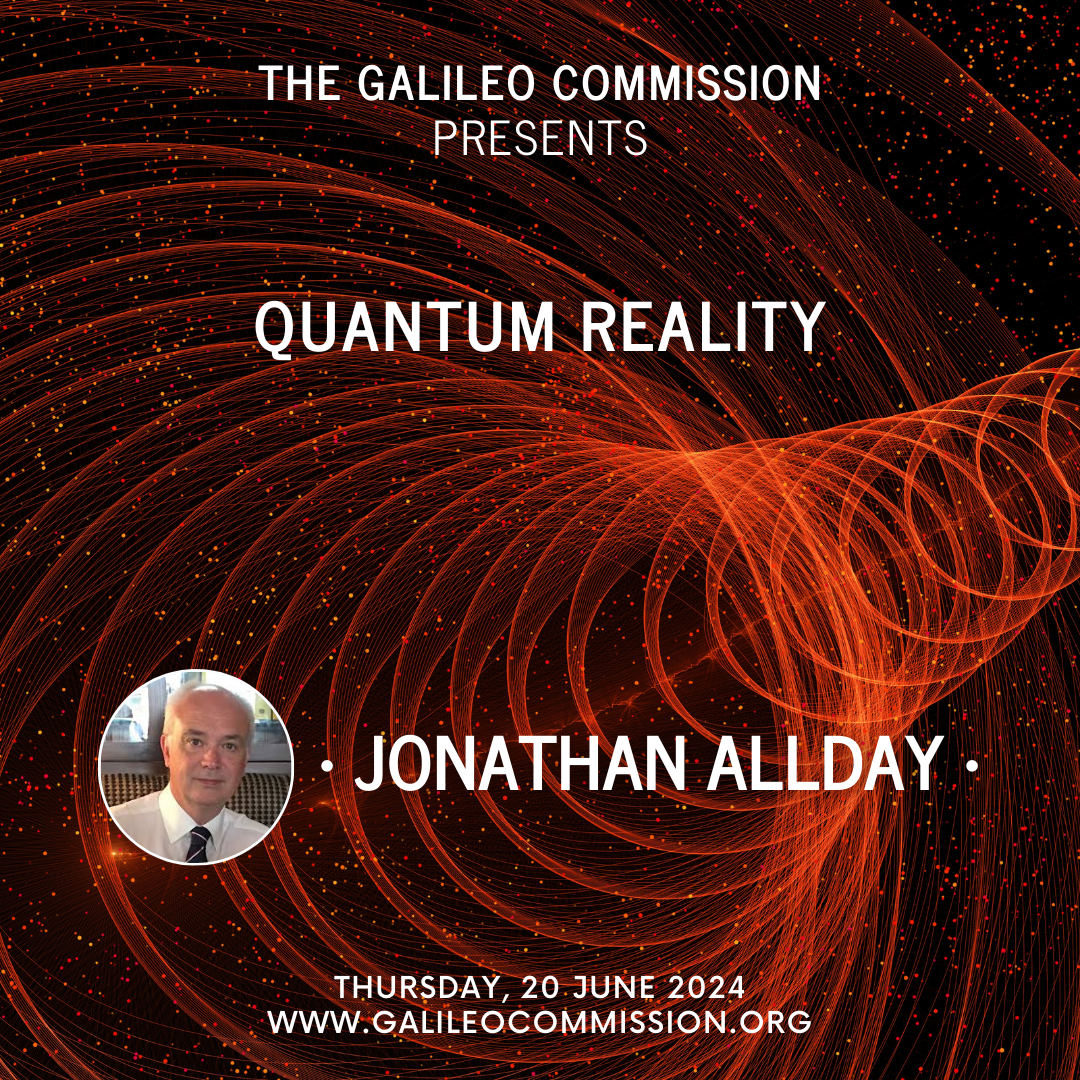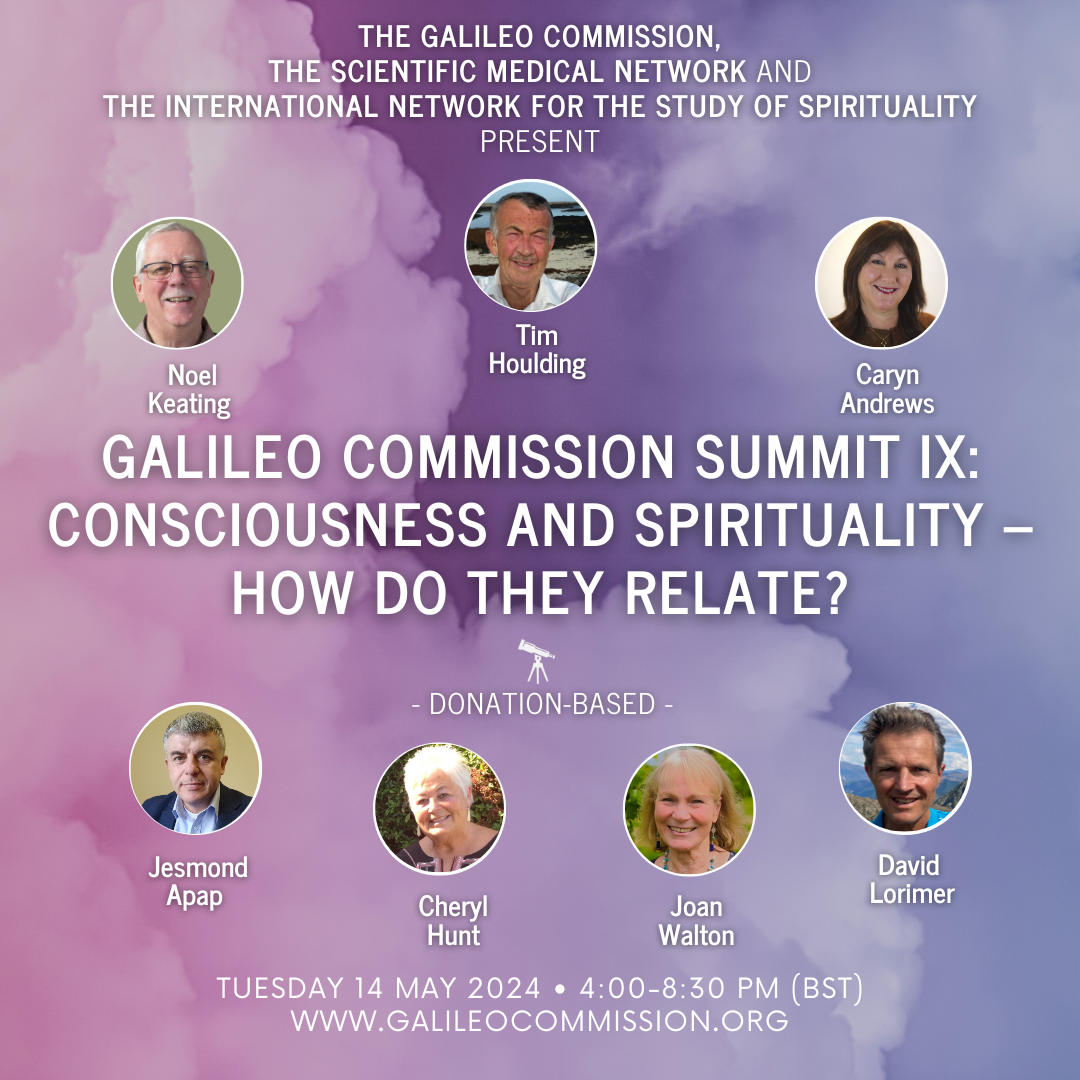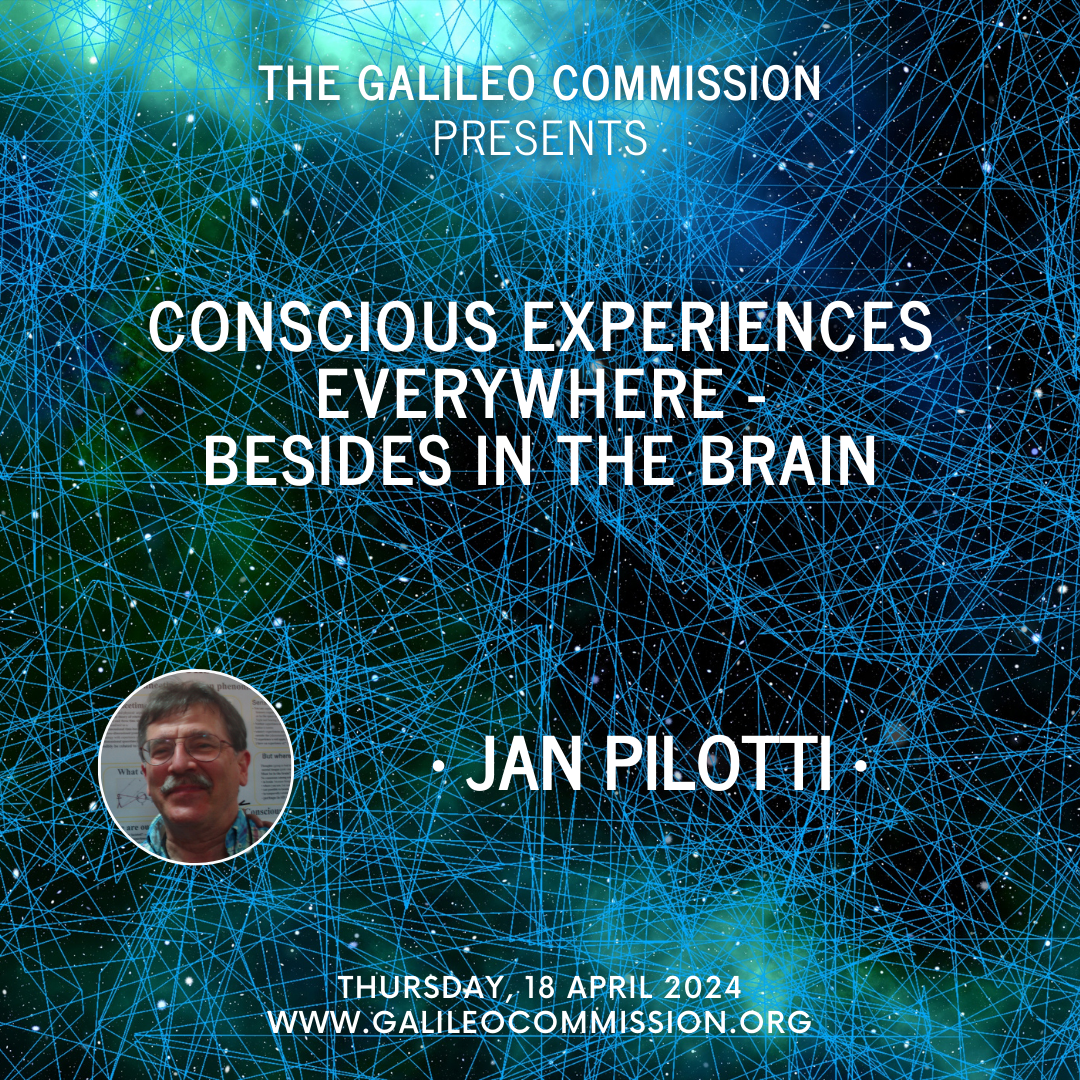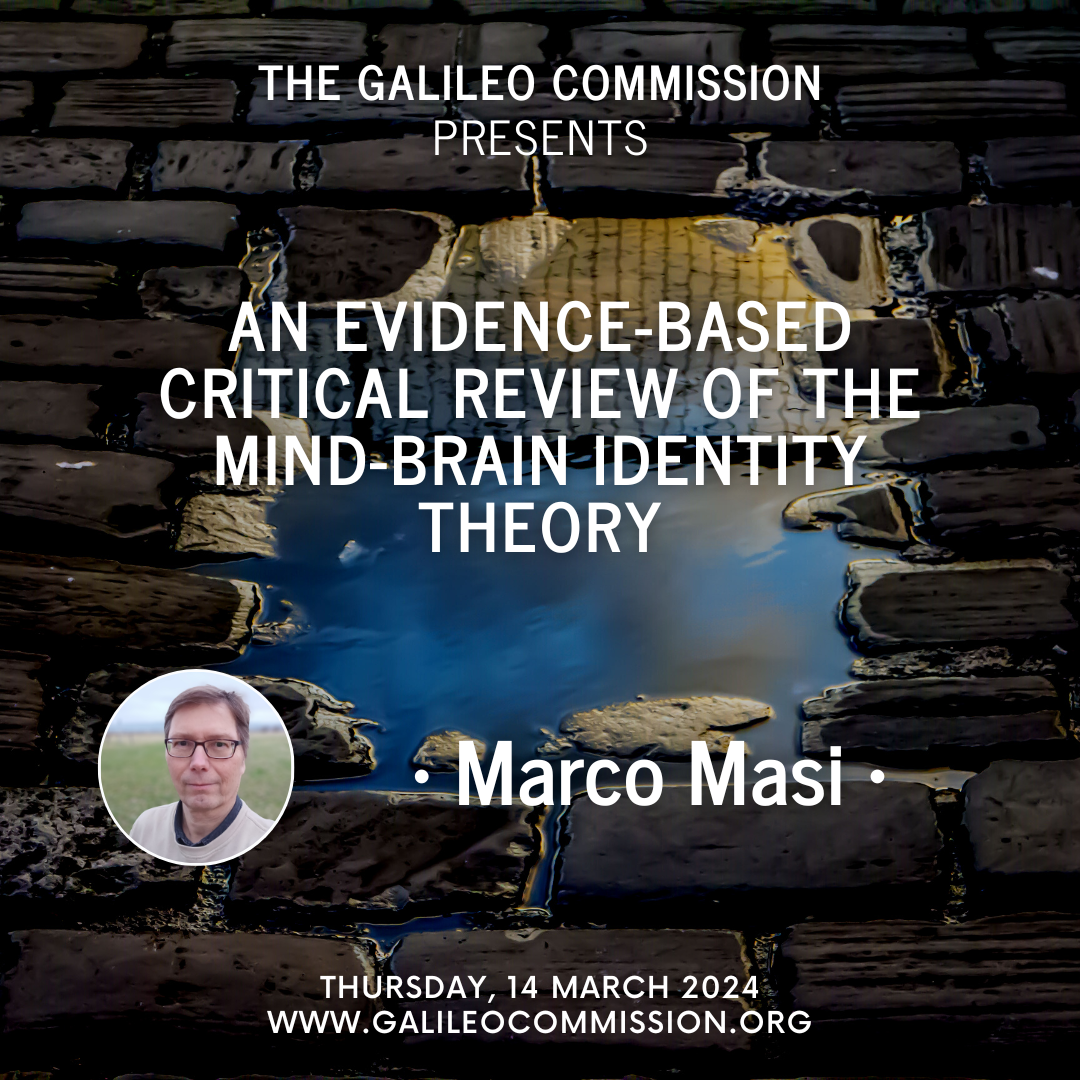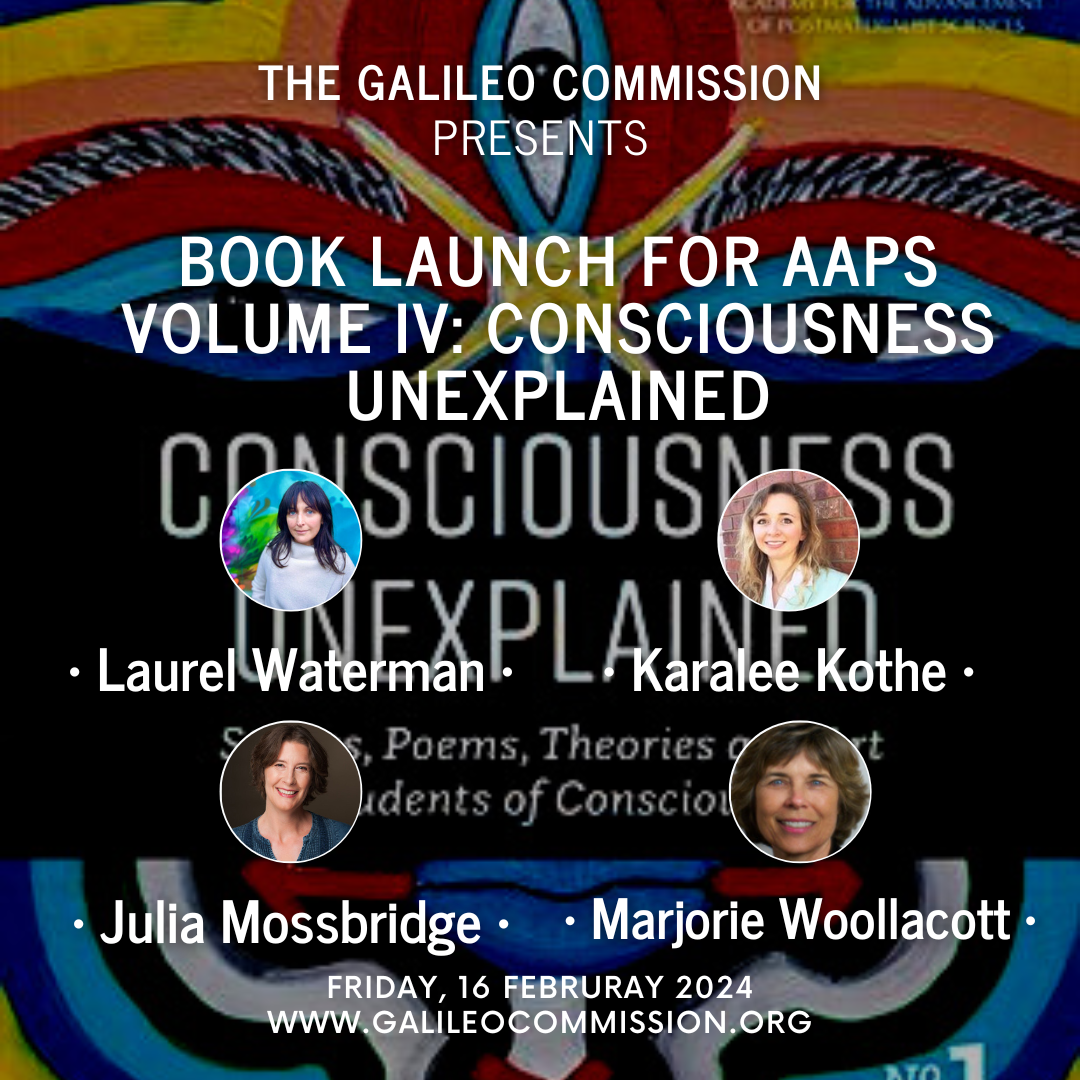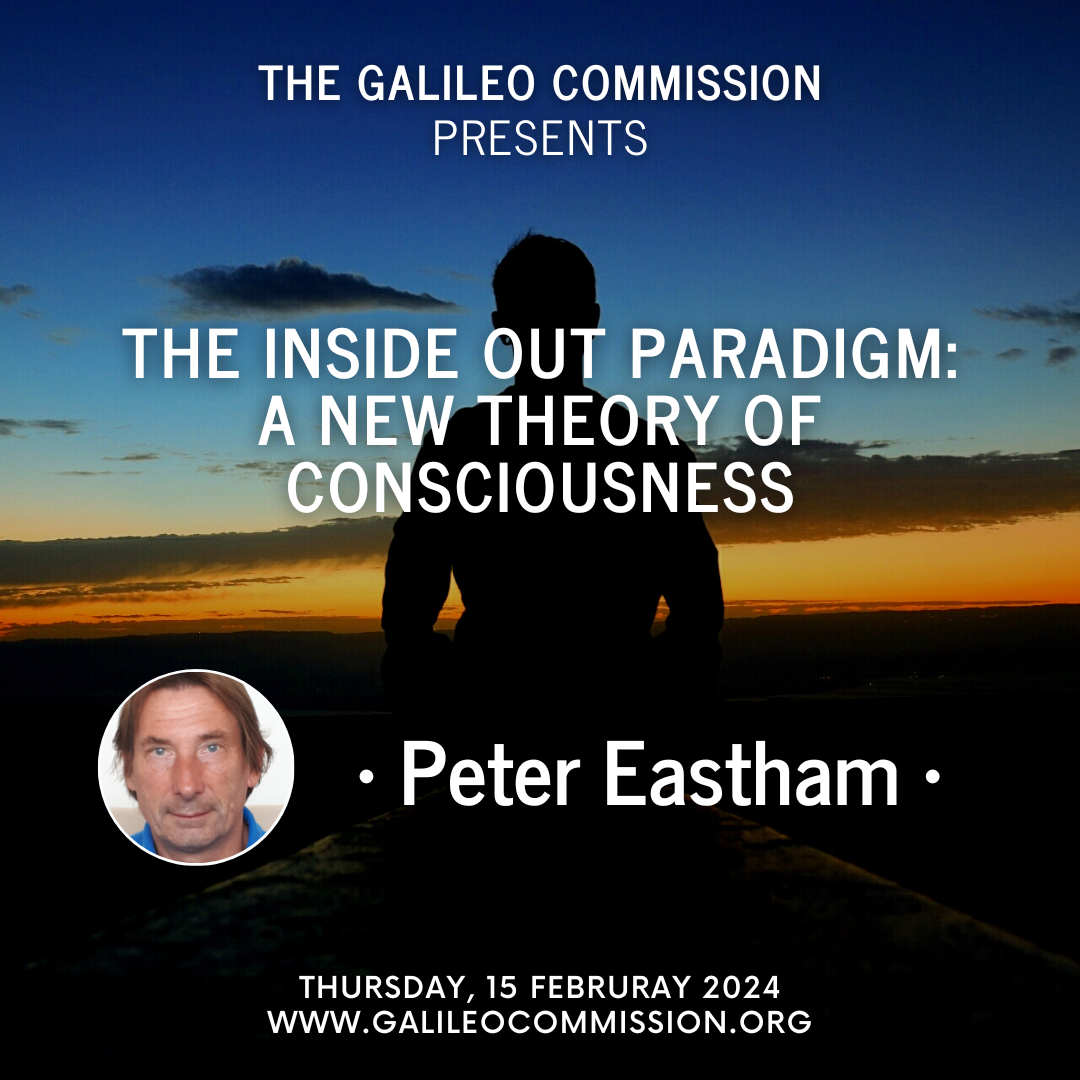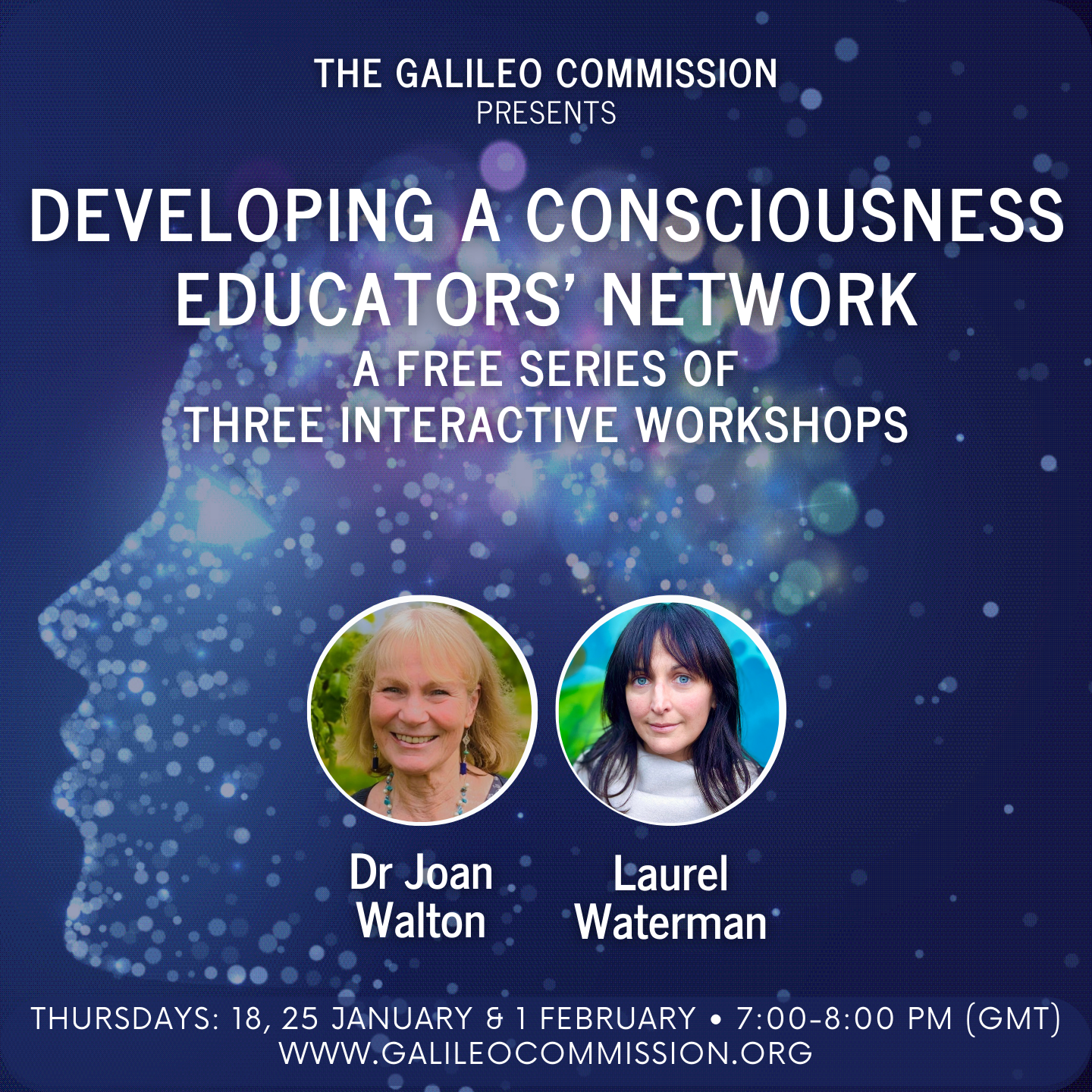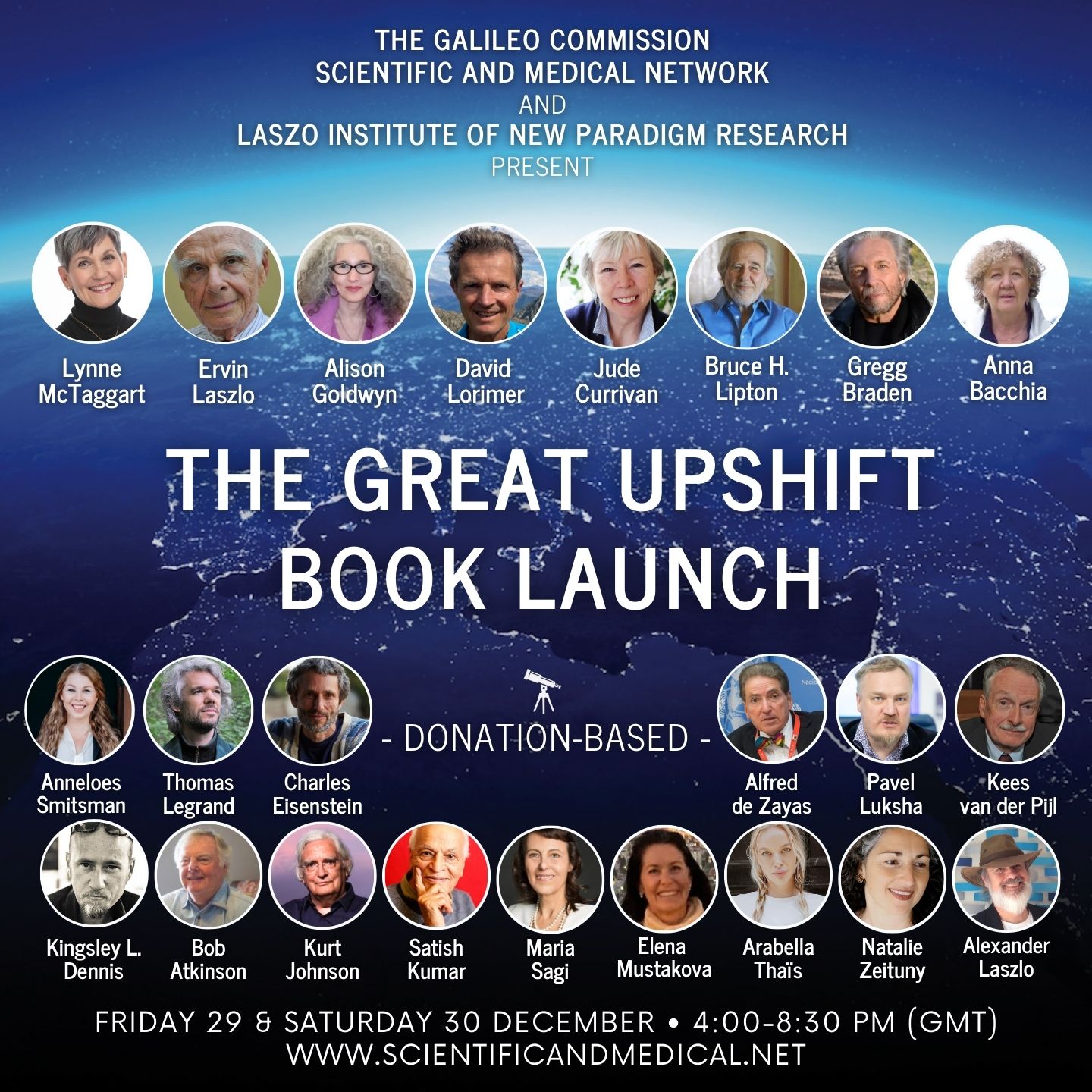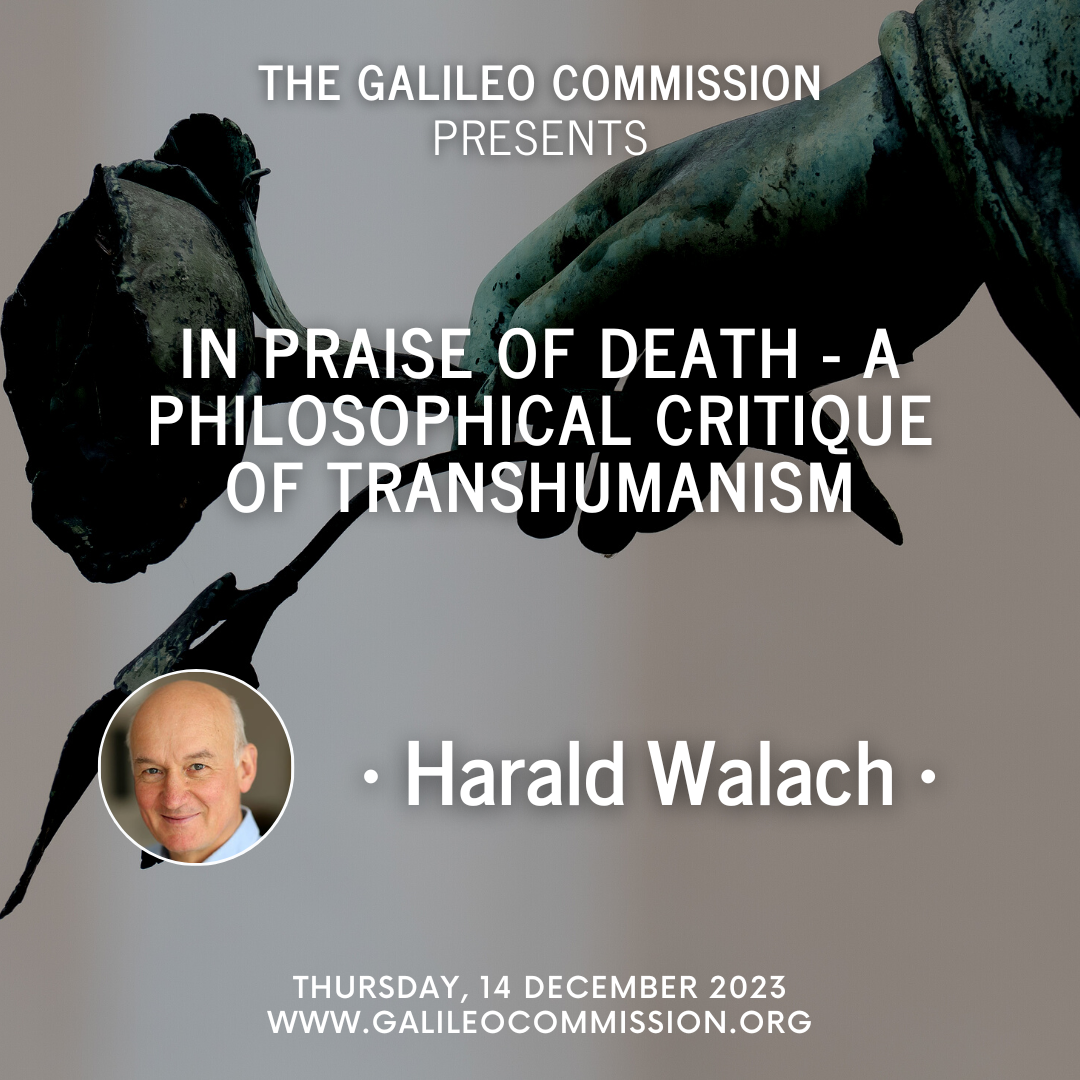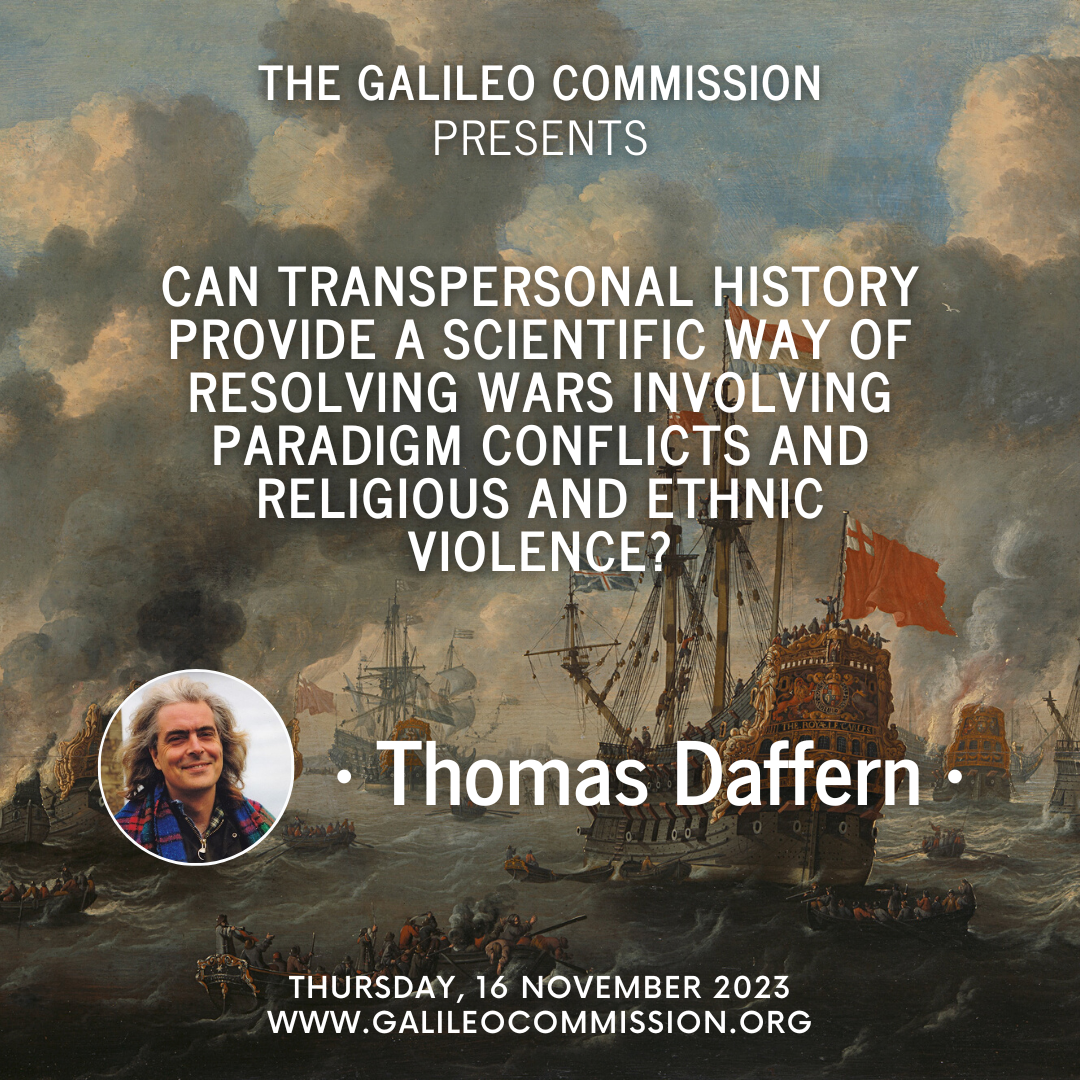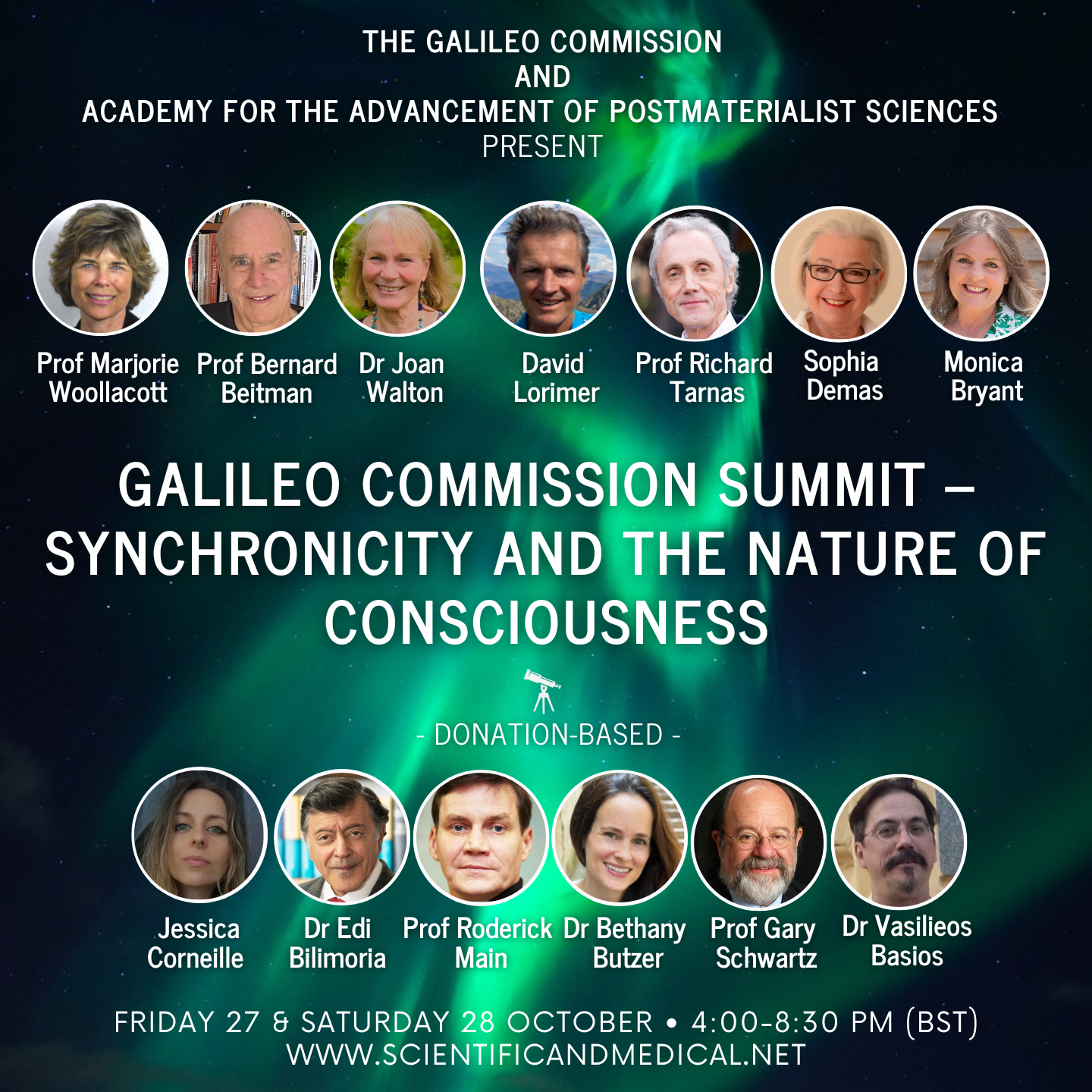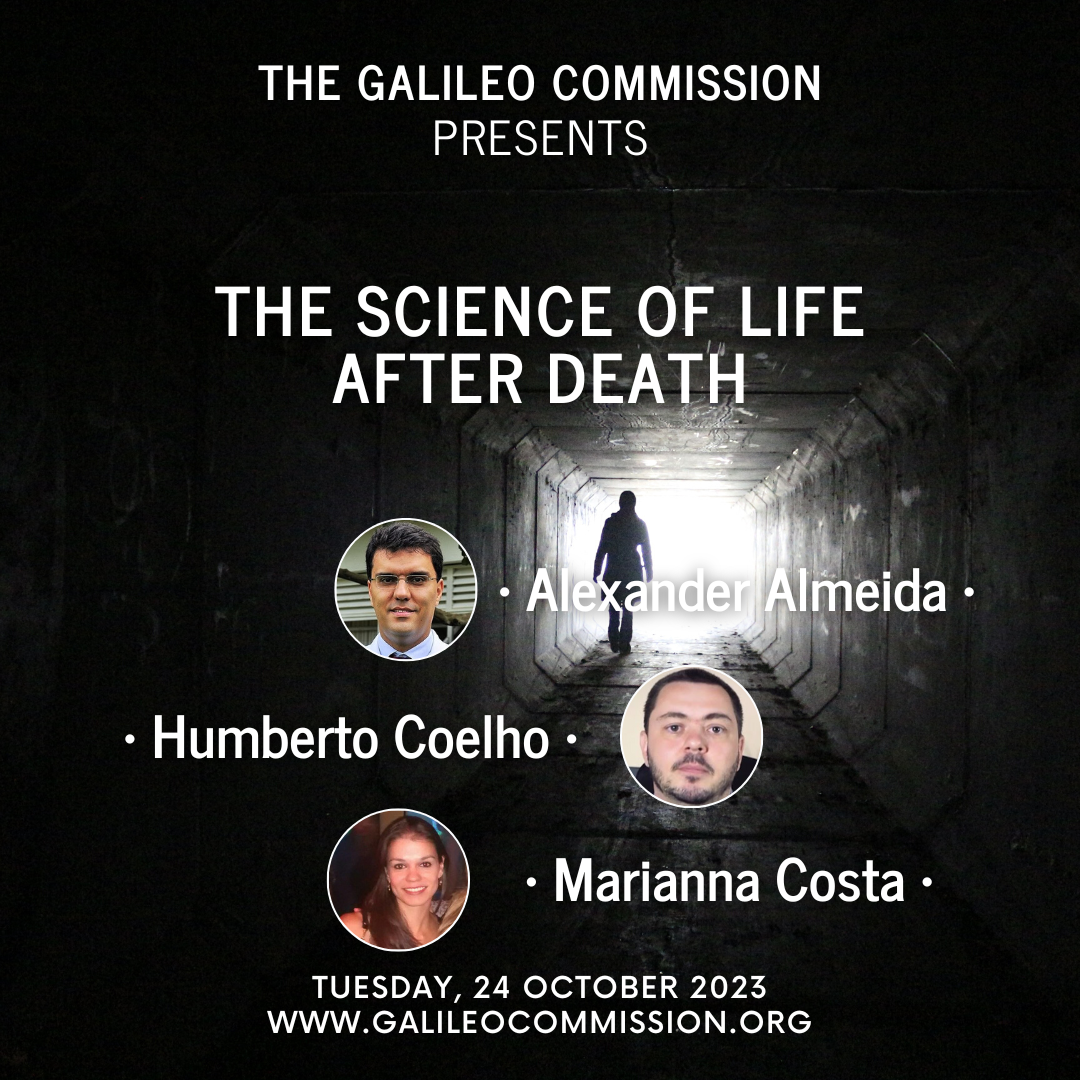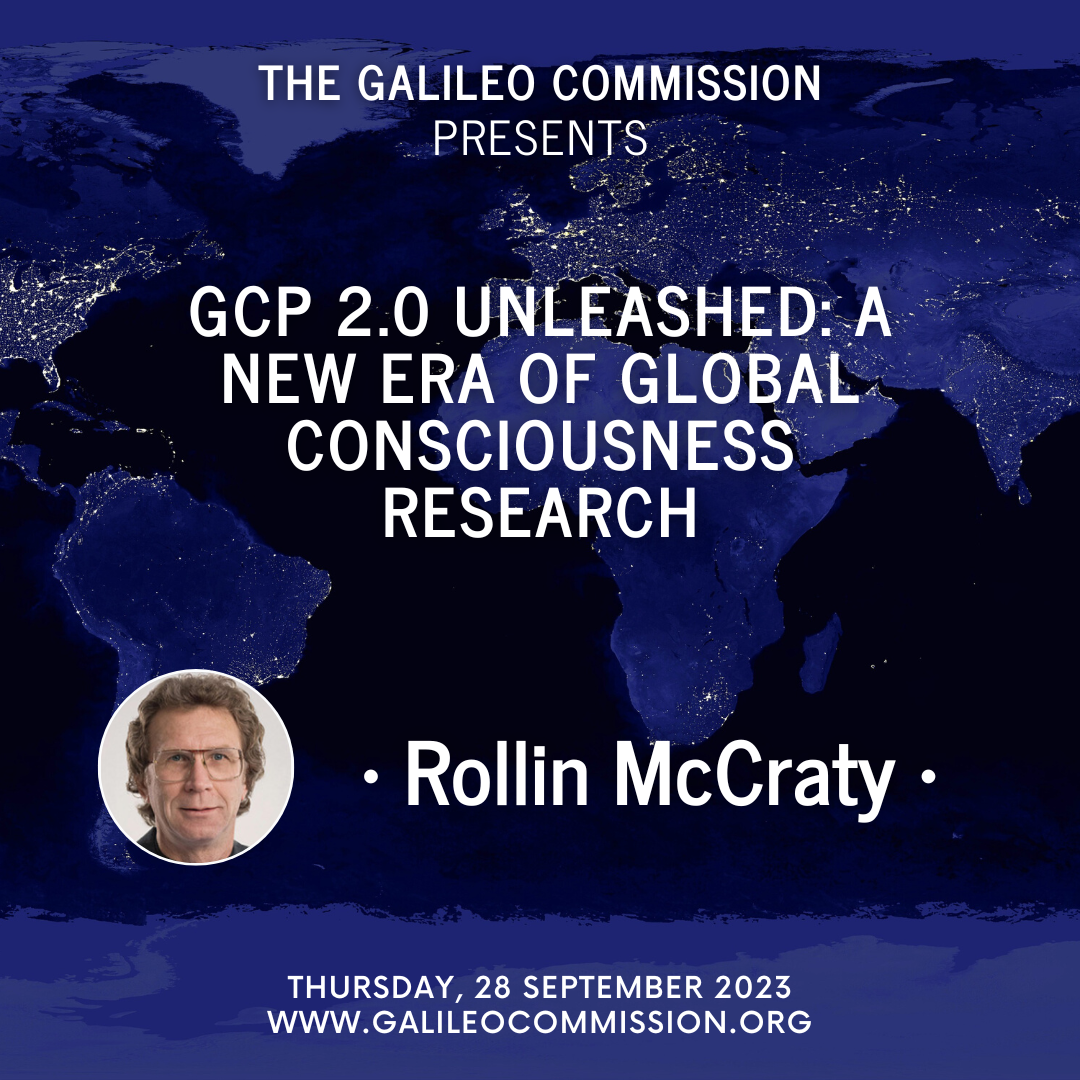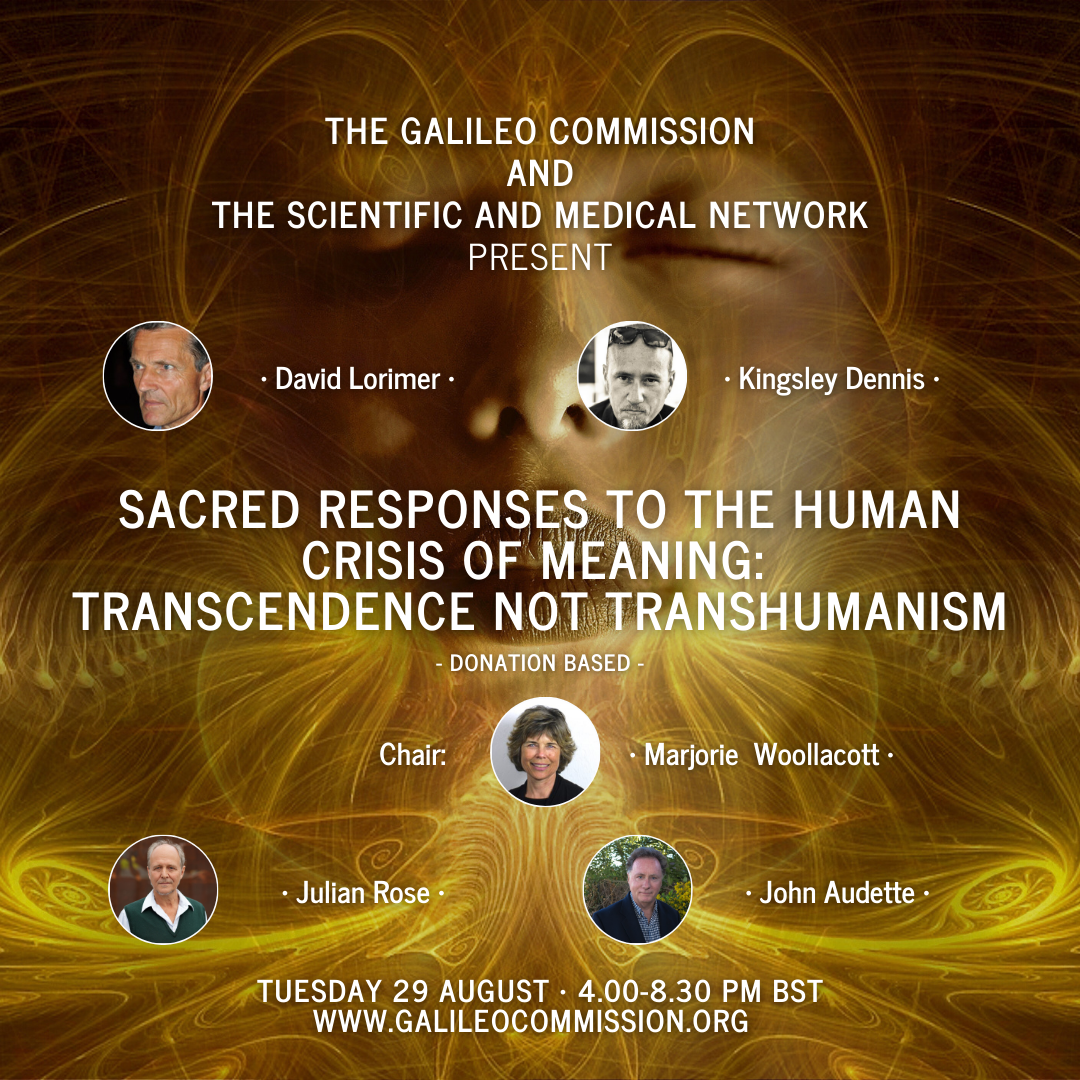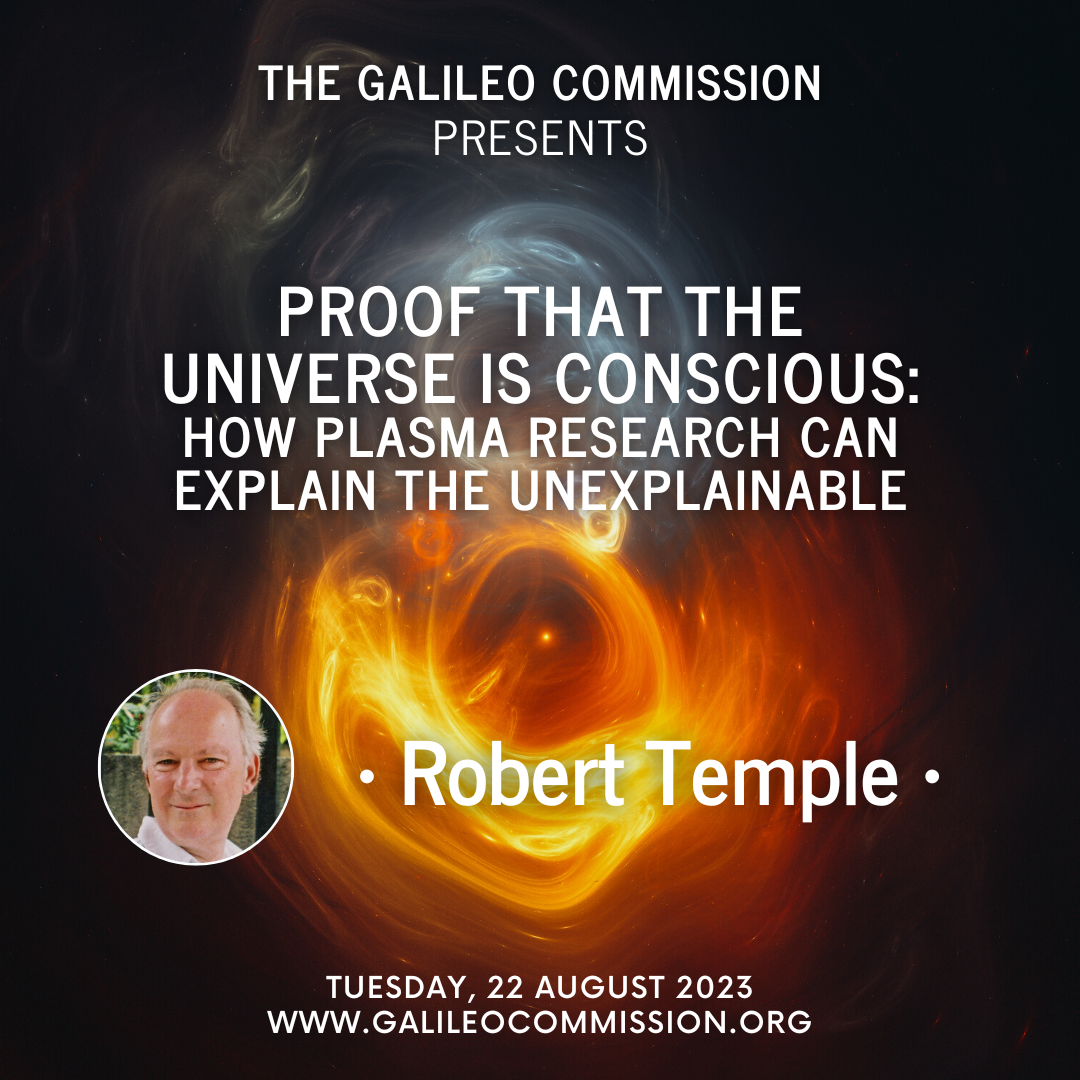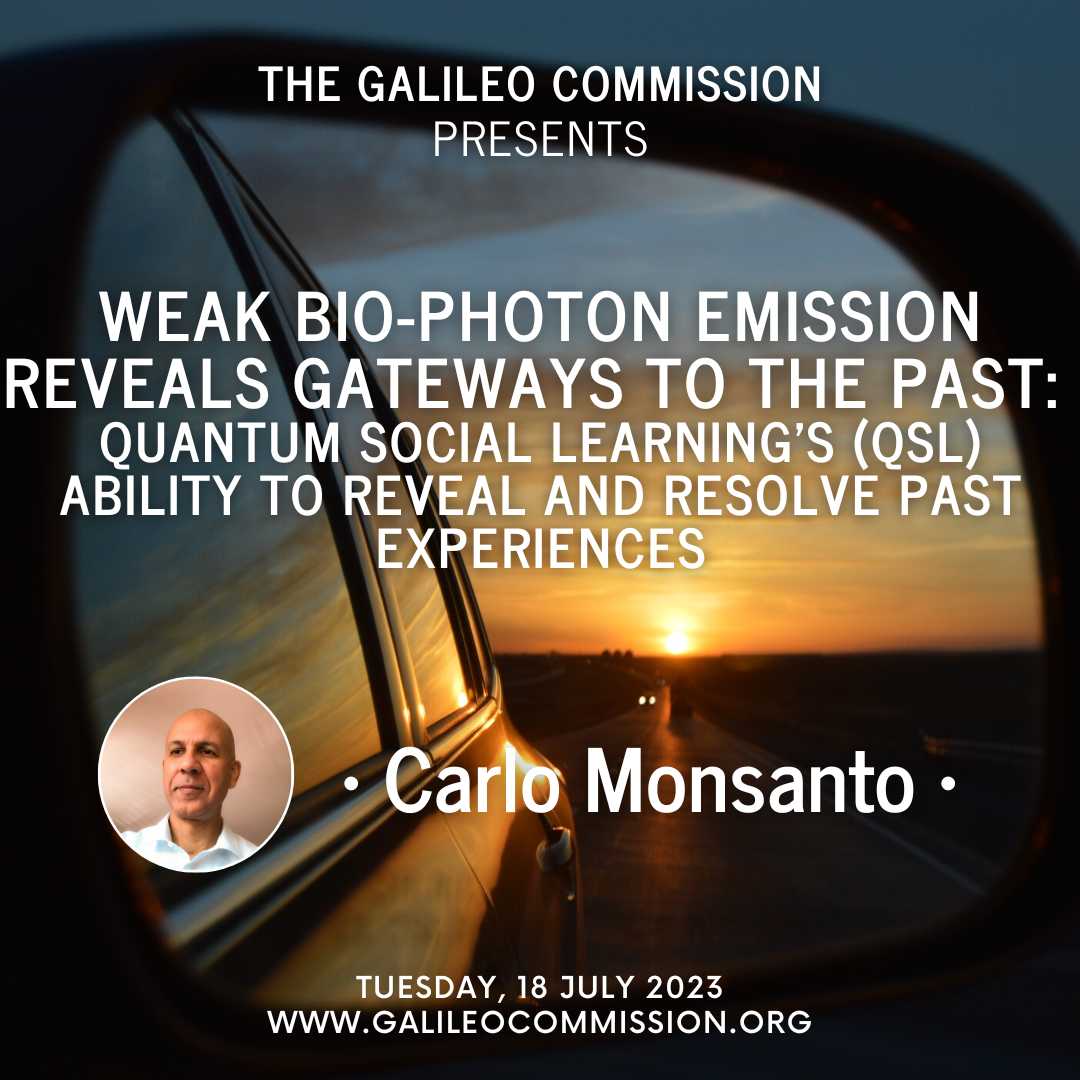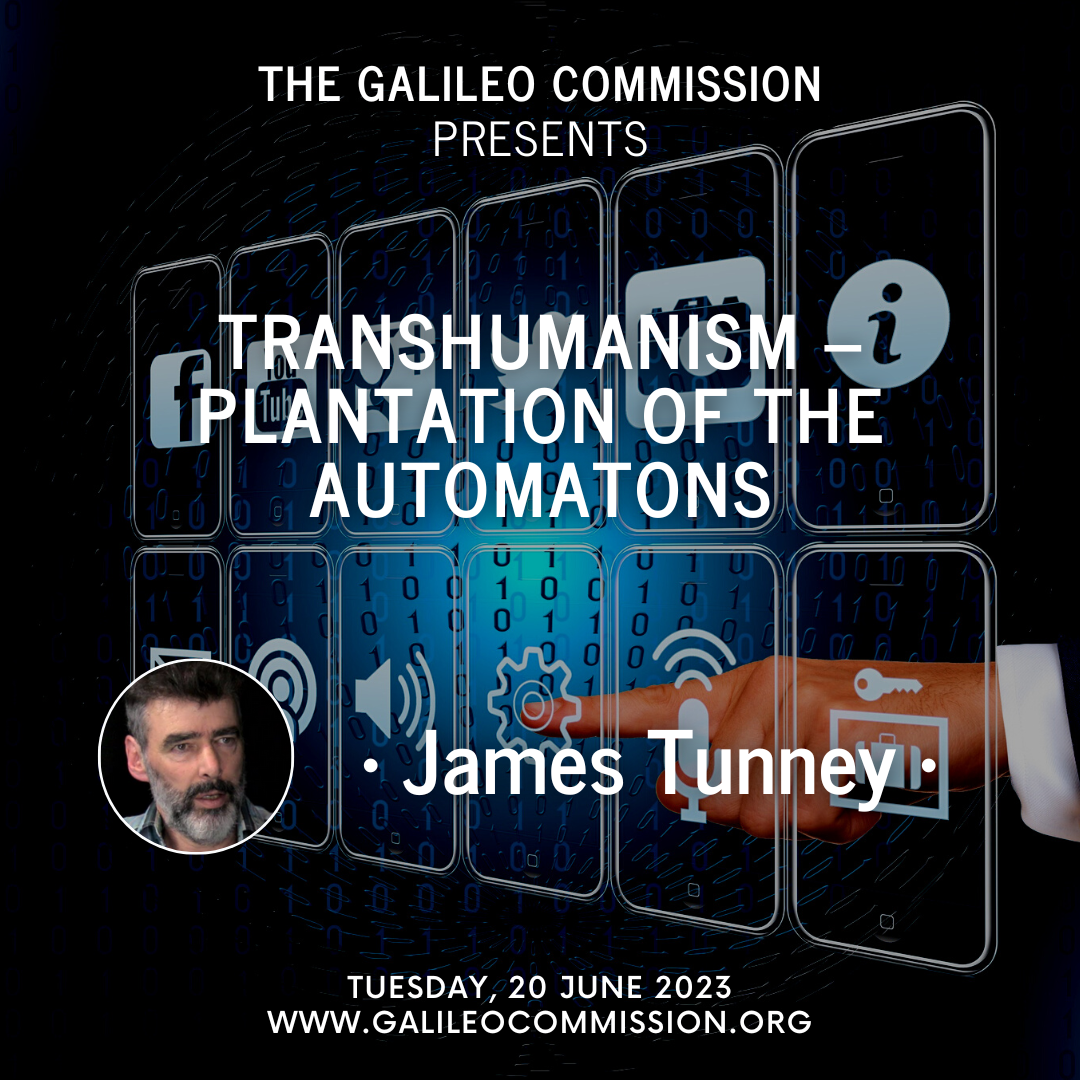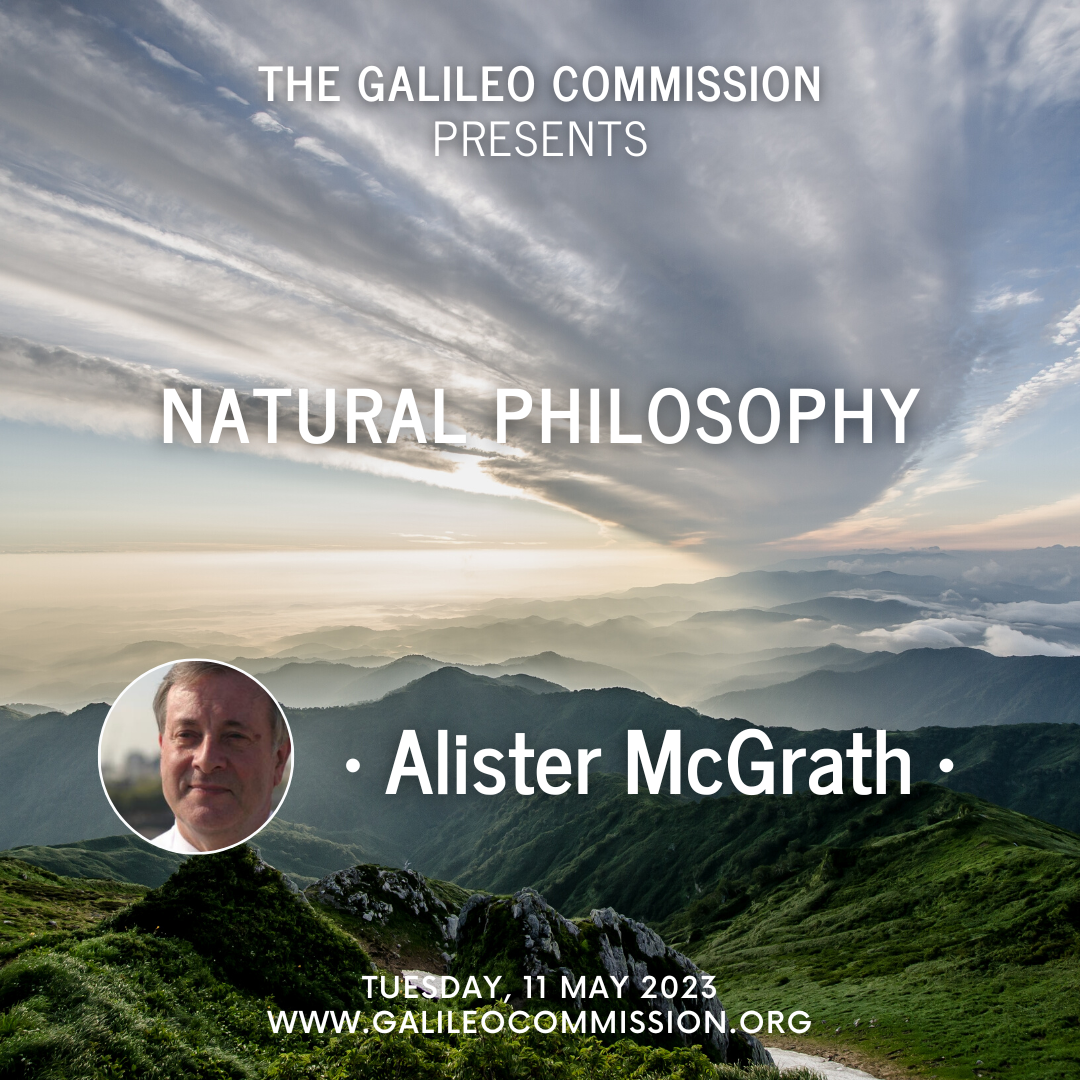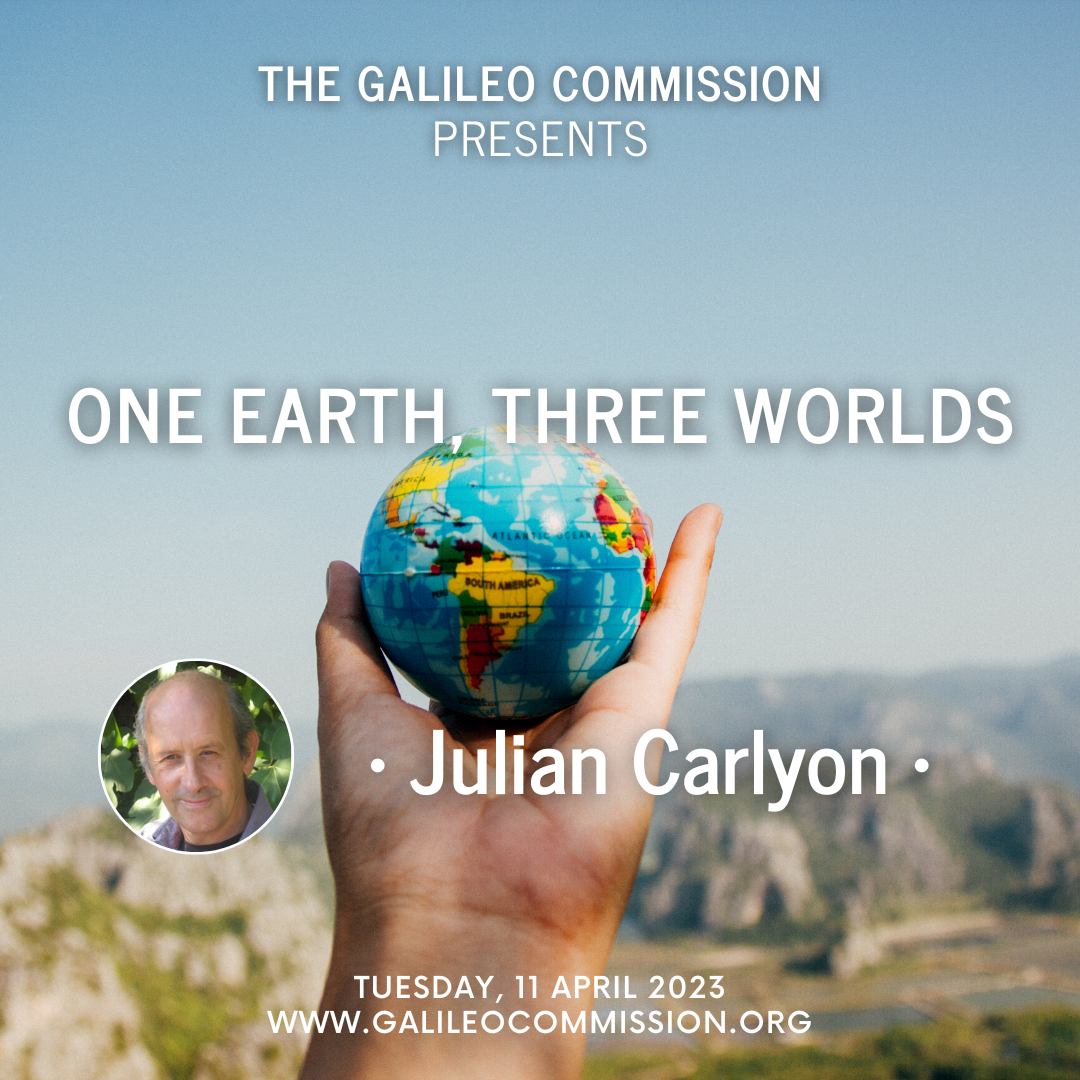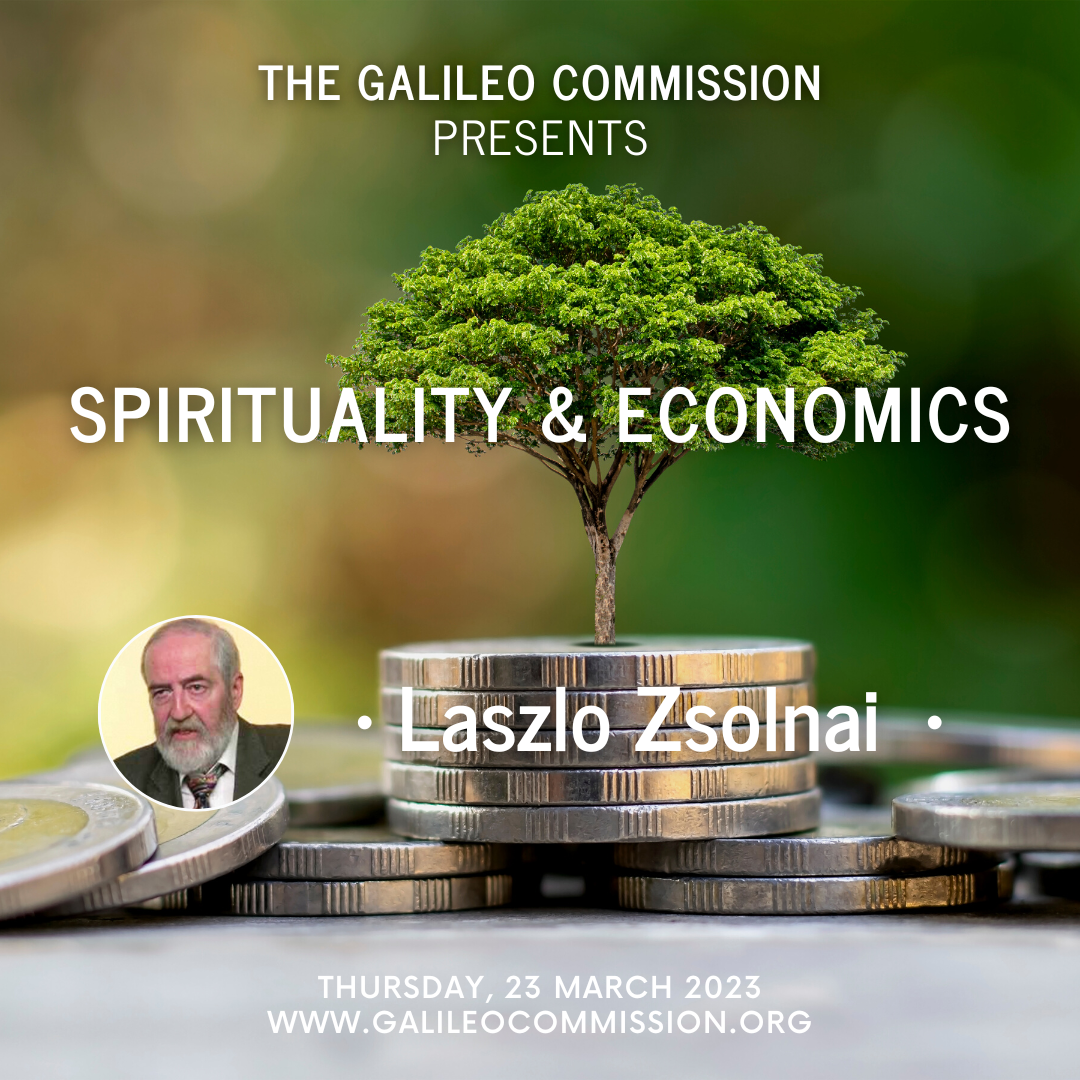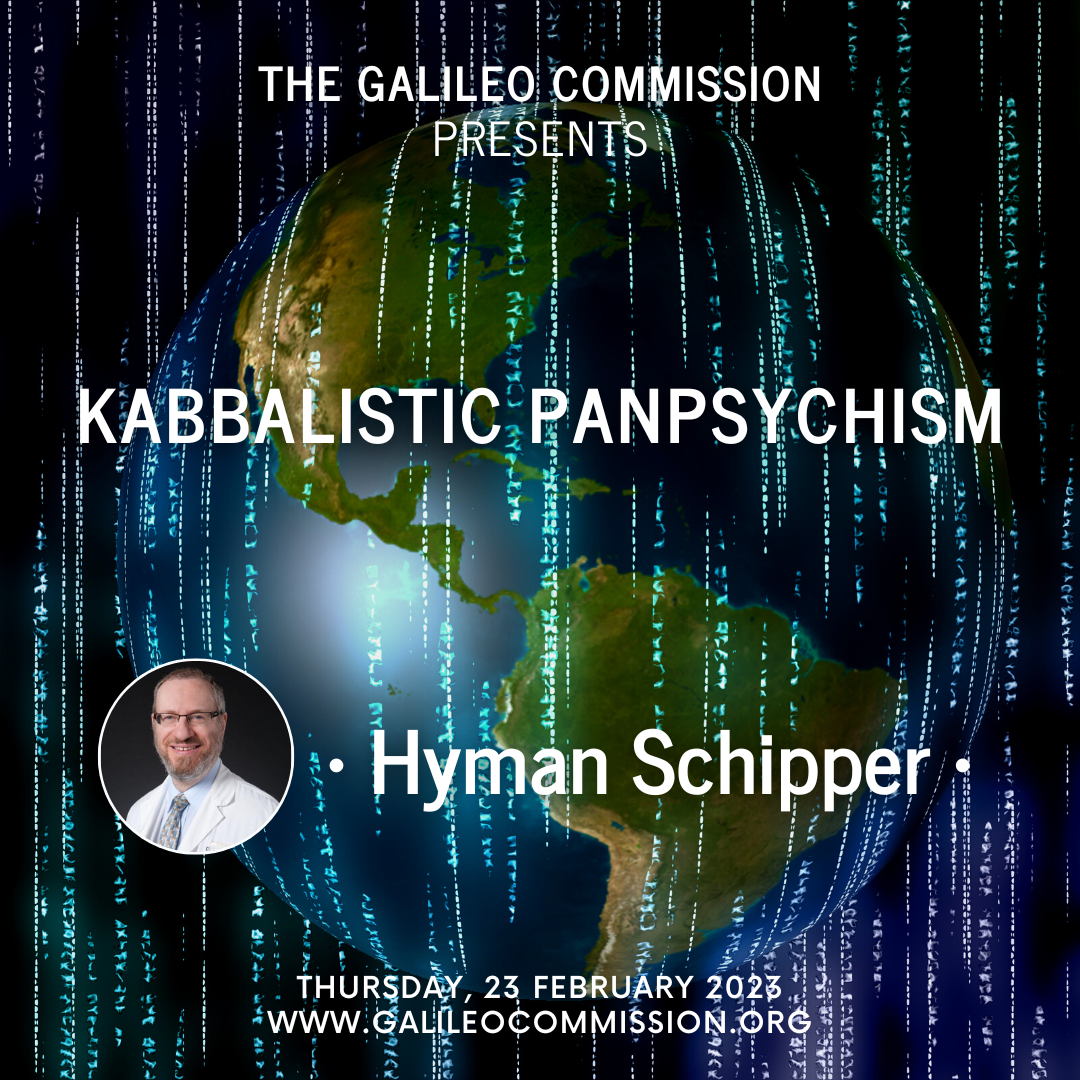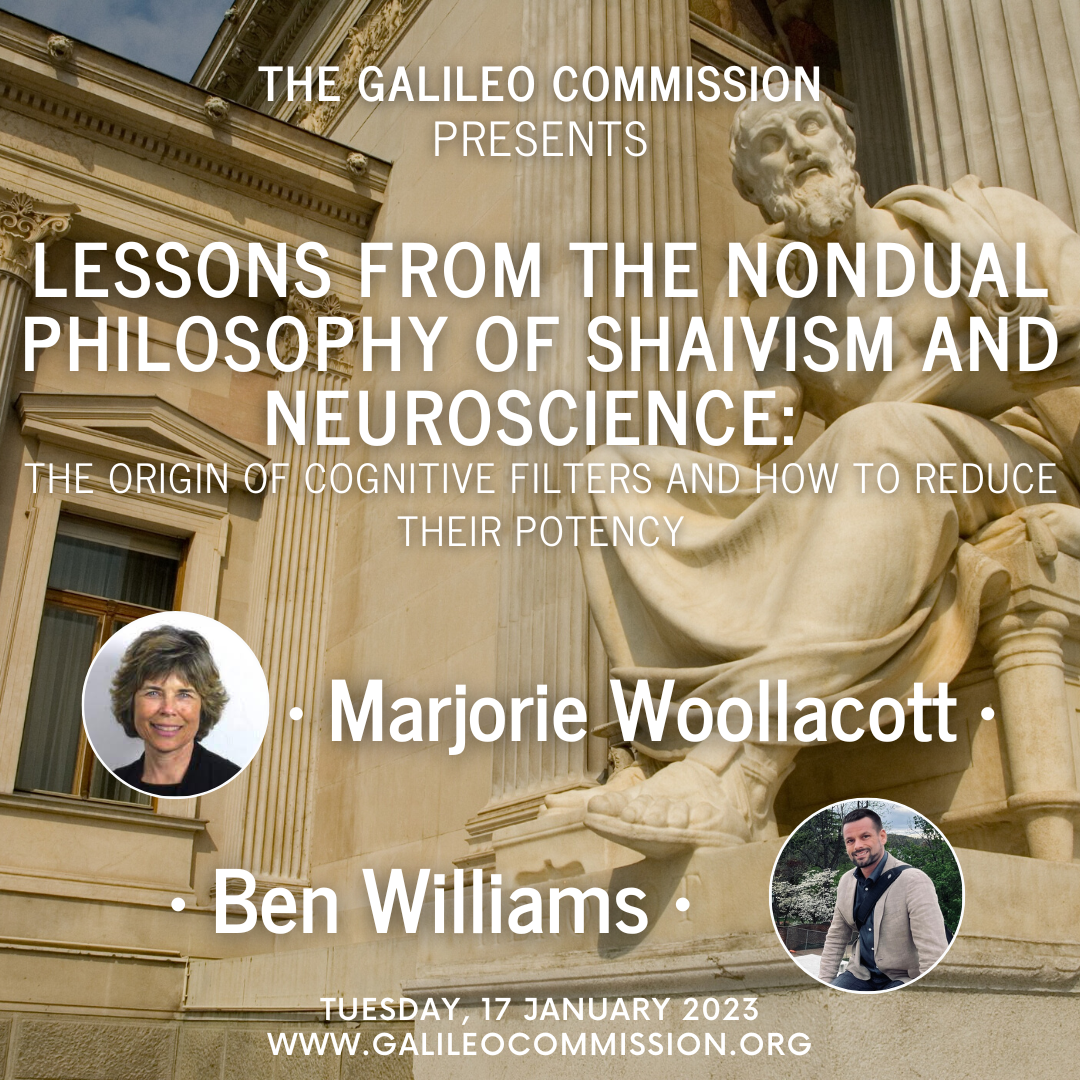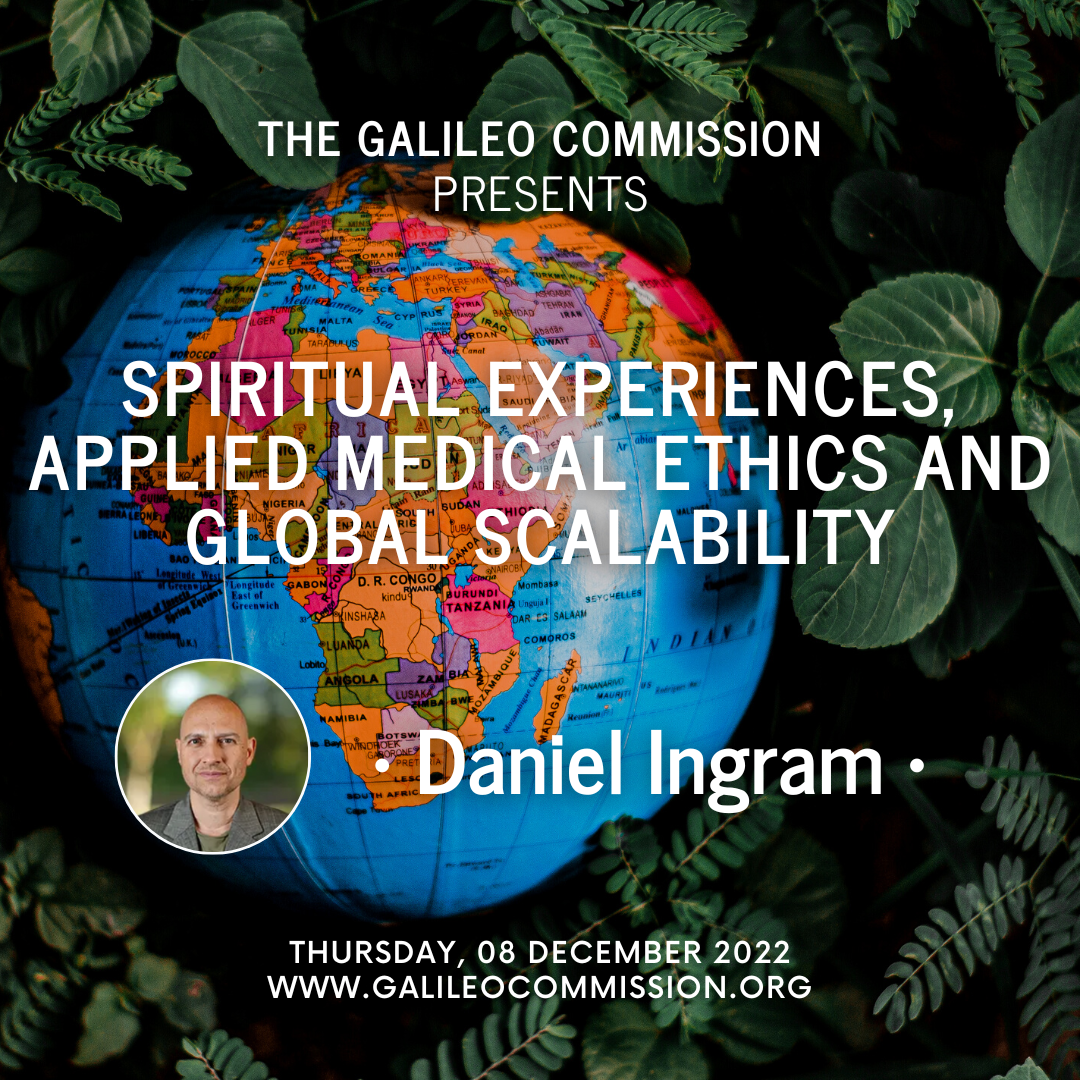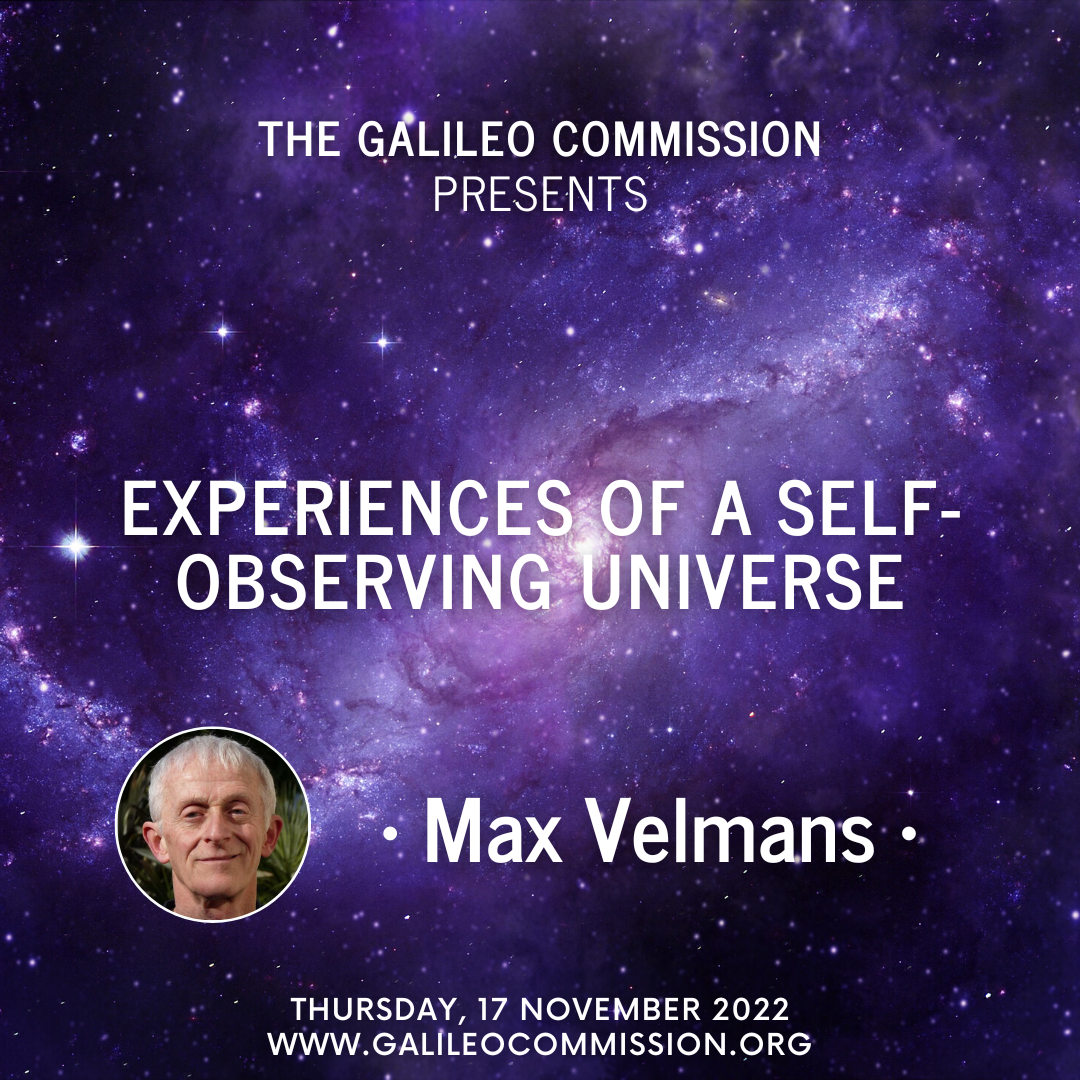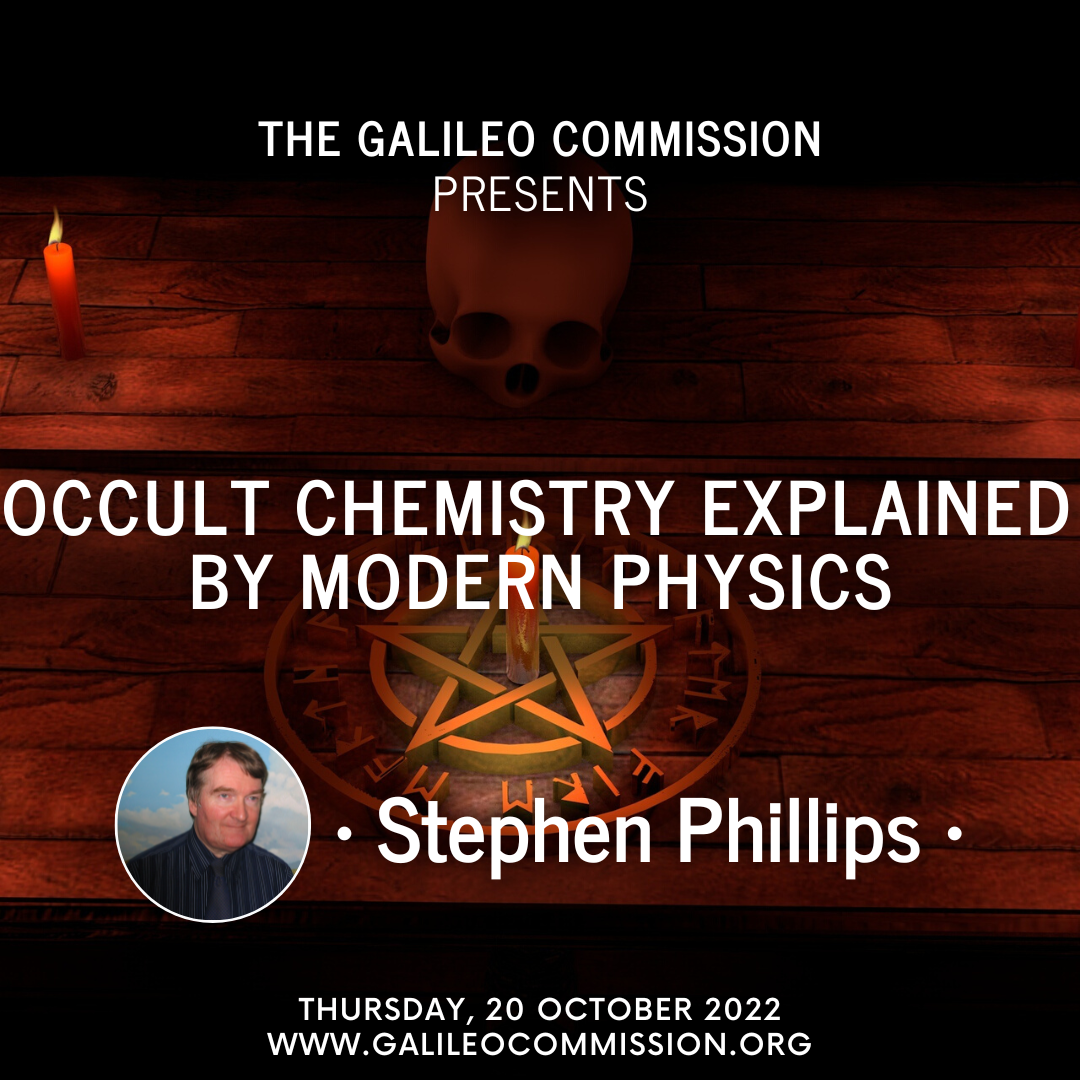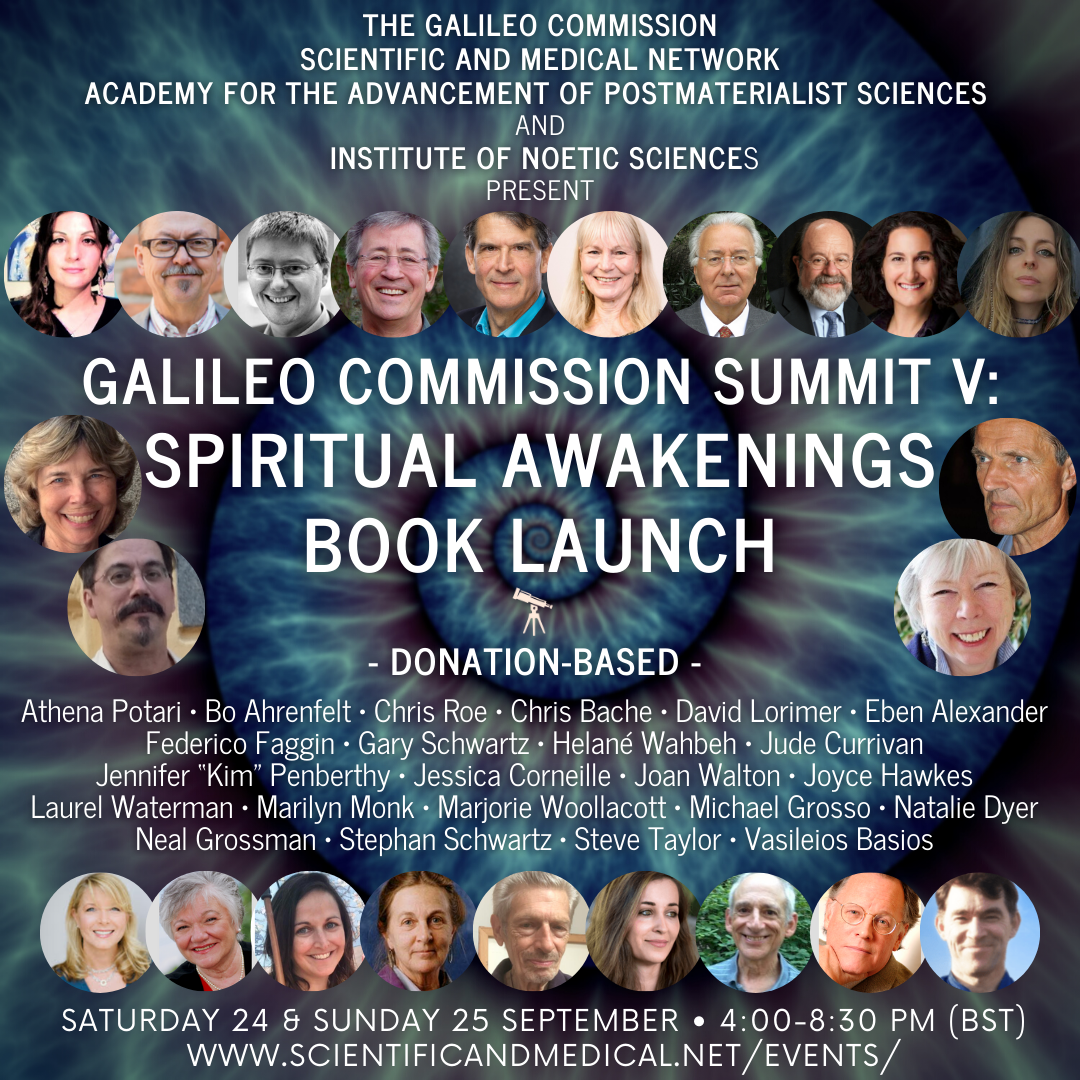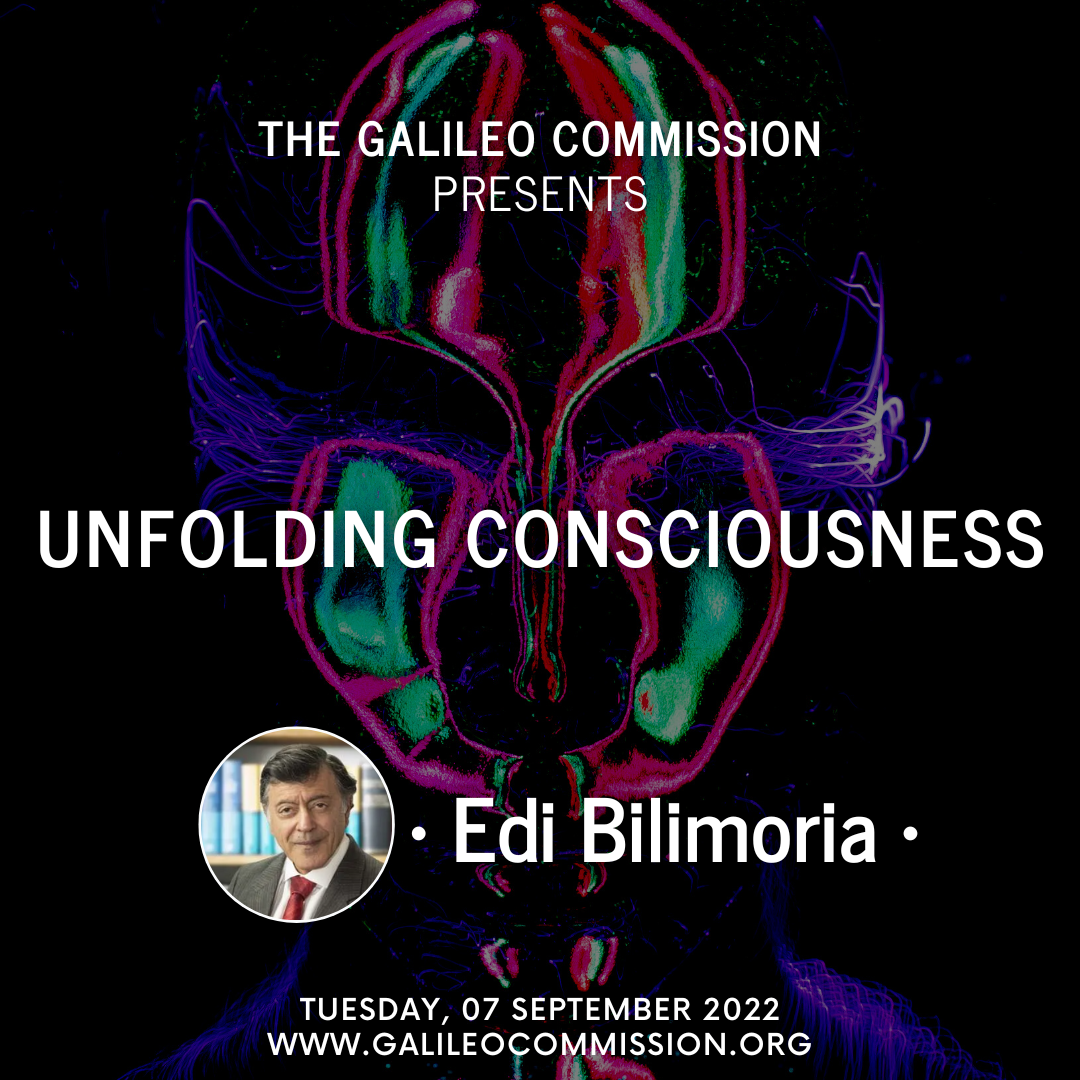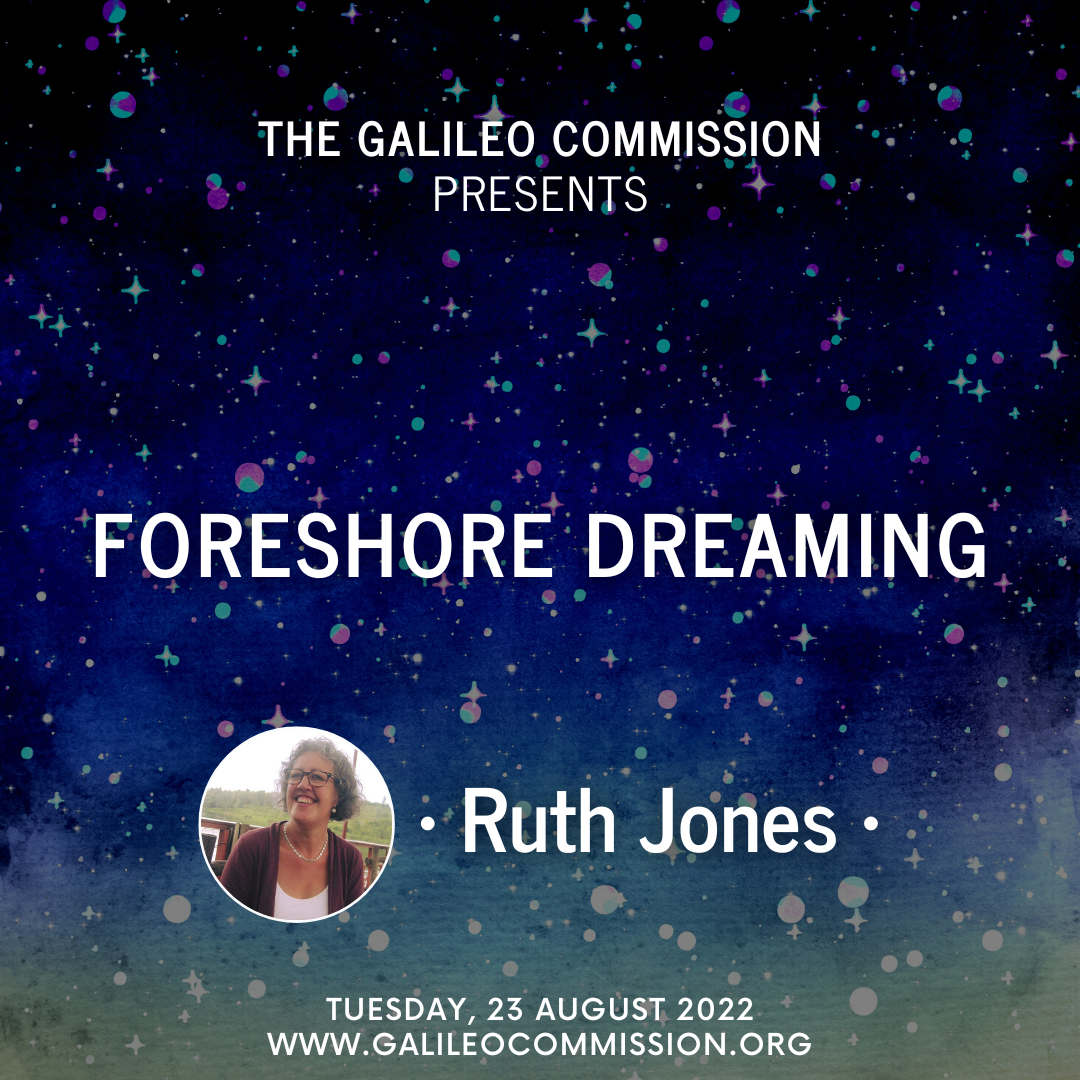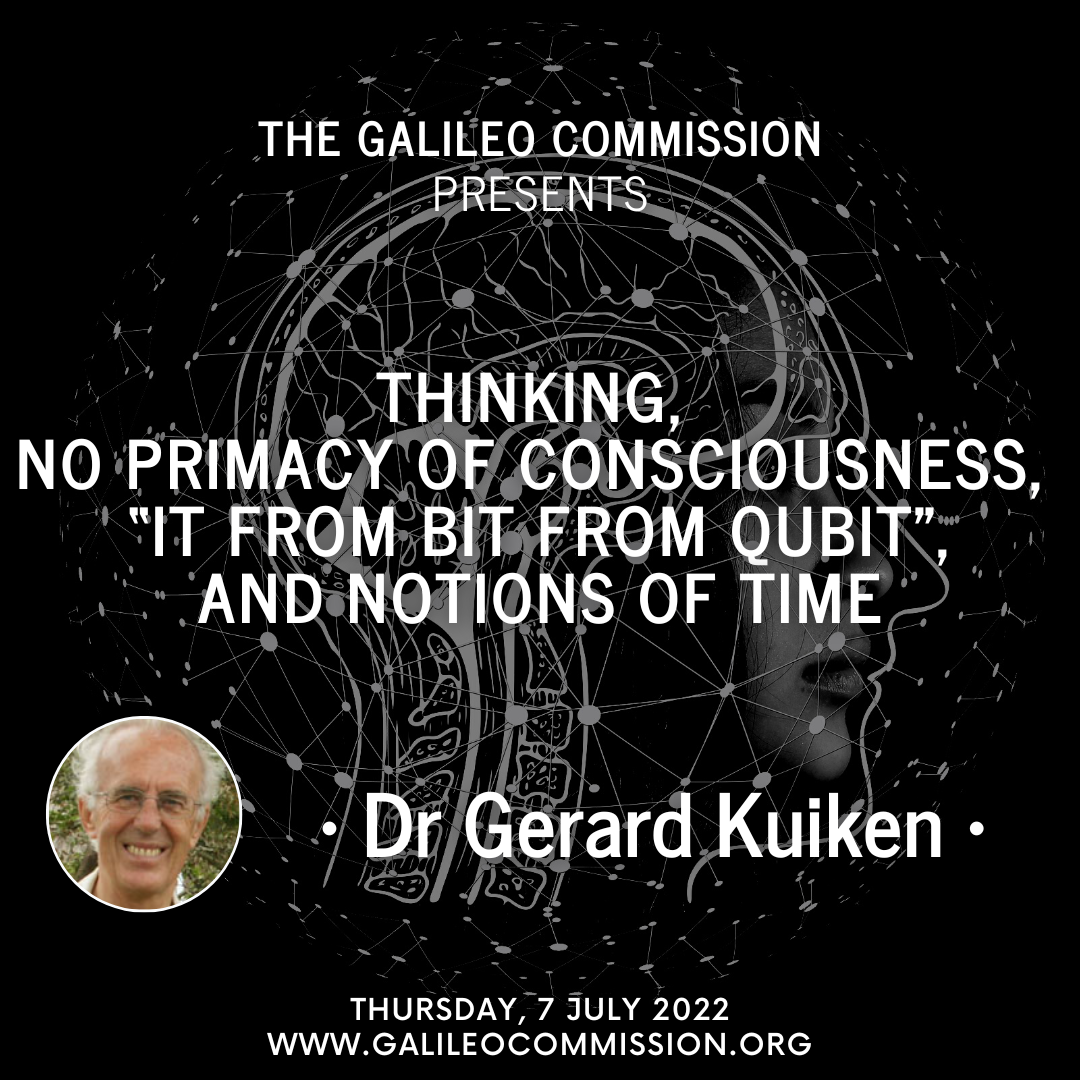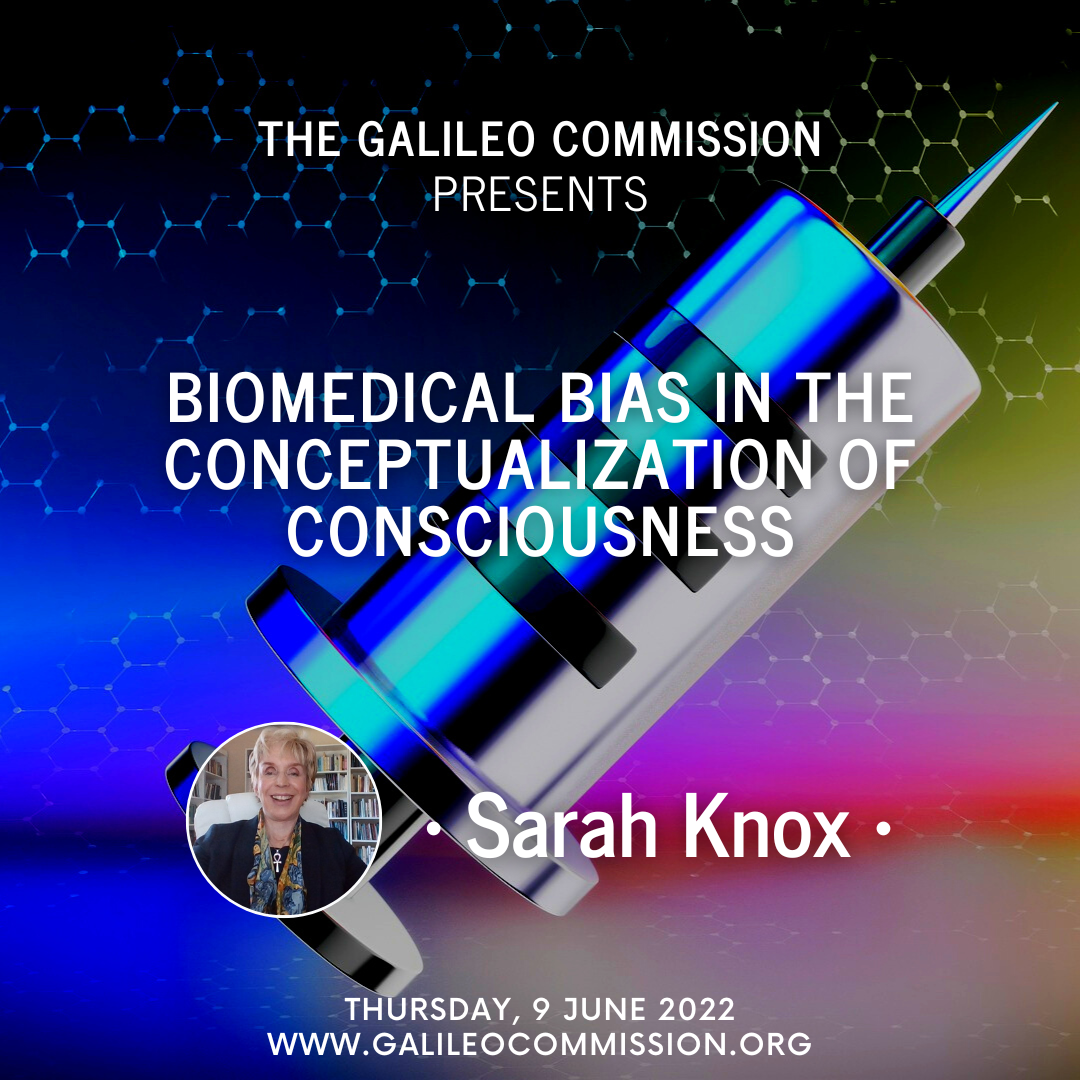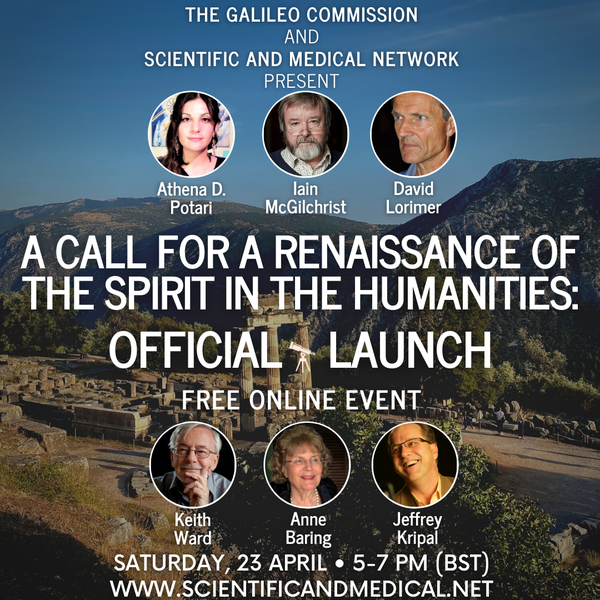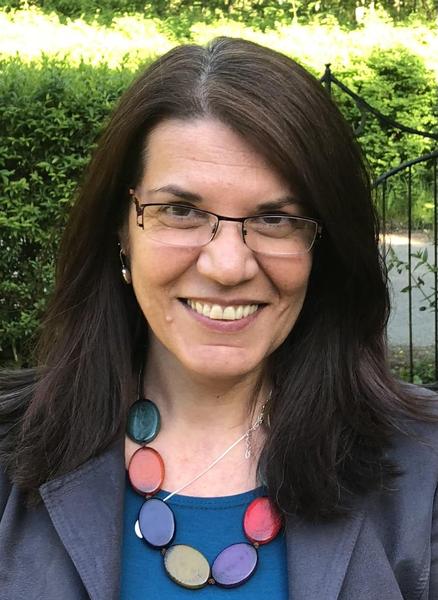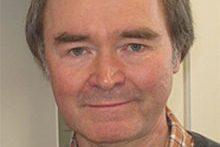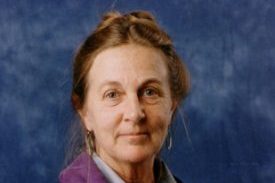Nassim Haramein – Unifying Physics for a Sustainable Future
In this Galileo Commission presentation, Nassim Haramein, Research Director of the International Space Federation (ISF), presents a unified physics framework that bridges quantum mechanics, general relativity, and cosmology.
Ravi Ravindra – Wise Scientists – Panel Discussion
By focusing solely on the mind at the expense of the heart, science seems to have lost its humanity. Wisdom requires practices to assimilate the material into one’s being. It is one thing to know that one should be empathetic and another to incorporate a habit of empathetic practices into one’s science.
Jude Currivan – Towards a Unitive Worldview and Narrative
Together, the speakers will explore why worldview is now a critical variable in shaping our collective trajectory; how early development, values formation, and narrative ecosystems influence the emergence of either fragmented or integrated societies; and what a Unitive Narrative offers at a time of ecological crisis, social polarisation, and institutional transition.
Nassim Haramein – Unifying Physics for a Sustainable Future
In this Galileo Commission presentation, Nassim Haramein, Research Director of the International Space Federation (ISF), presents a unified physics framework that bridges quantum mechanics, general relativity, and cosmology.
Ravi Ravindra – Wise Scientists – Panel Discussion
By focusing solely on the mind at the expense of the heart, science seems to have lost its humanity. Wisdom requires practices to assimilate the material into one’s being. It is one thing to know that one should be empathetic and another to incorporate a habit of empathetic practices into one’s science.
Jude Currivan – Towards a Unitive Worldview and Narrative
Together, the speakers will explore why worldview is now a critical variable in shaping our collective trajectory; how early development, values formation, and narrative ecosystems influence the emergence of either fragmented or integrated societies; and what a Unitive Narrative offers at a time of ecological crisis, social polarisation, and institutional transition.
Nassim Haramein – Unifying Physics for a Sustainable Future
In this Galileo Commission presentation, Nassim Haramein, Research Director of the International Space Federation (ISF), presents a unified physics framework that bridges quantum mechanics, general relativity, and cosmology.
Ravi Ravindra – Wise Scientists – Panel Discussion
By focusing solely on the mind at the expense of the heart, science seems to have lost its humanity. Wisdom requires practices to assimilate the material into one’s being. It is one thing to know that one should be empathetic and another to incorporate a habit of empathetic practices into one’s science.
Jude Currivan – Towards a Unitive Worldview and Narrative
Together, the speakers will explore why worldview is now a critical variable in shaping our collective trajectory; how early development, values formation, and narrative ecosystems influence the emergence of either fragmented or integrated societies; and what a Unitive Narrative offers at a time of ecological crisis, social polarisation, and institutional transition.
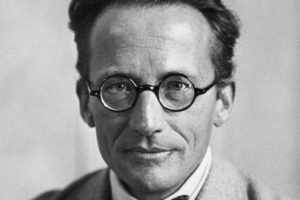
– Erwin Schrödinger
– Prof David Bohm
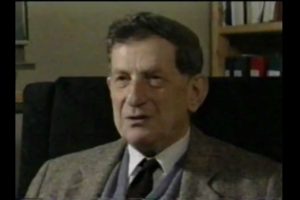
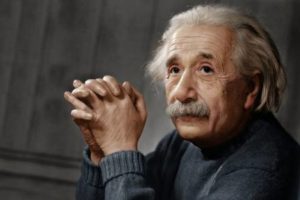
– Albert Einstein
Click on any event to view the recordings as well as event details
